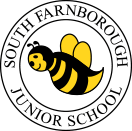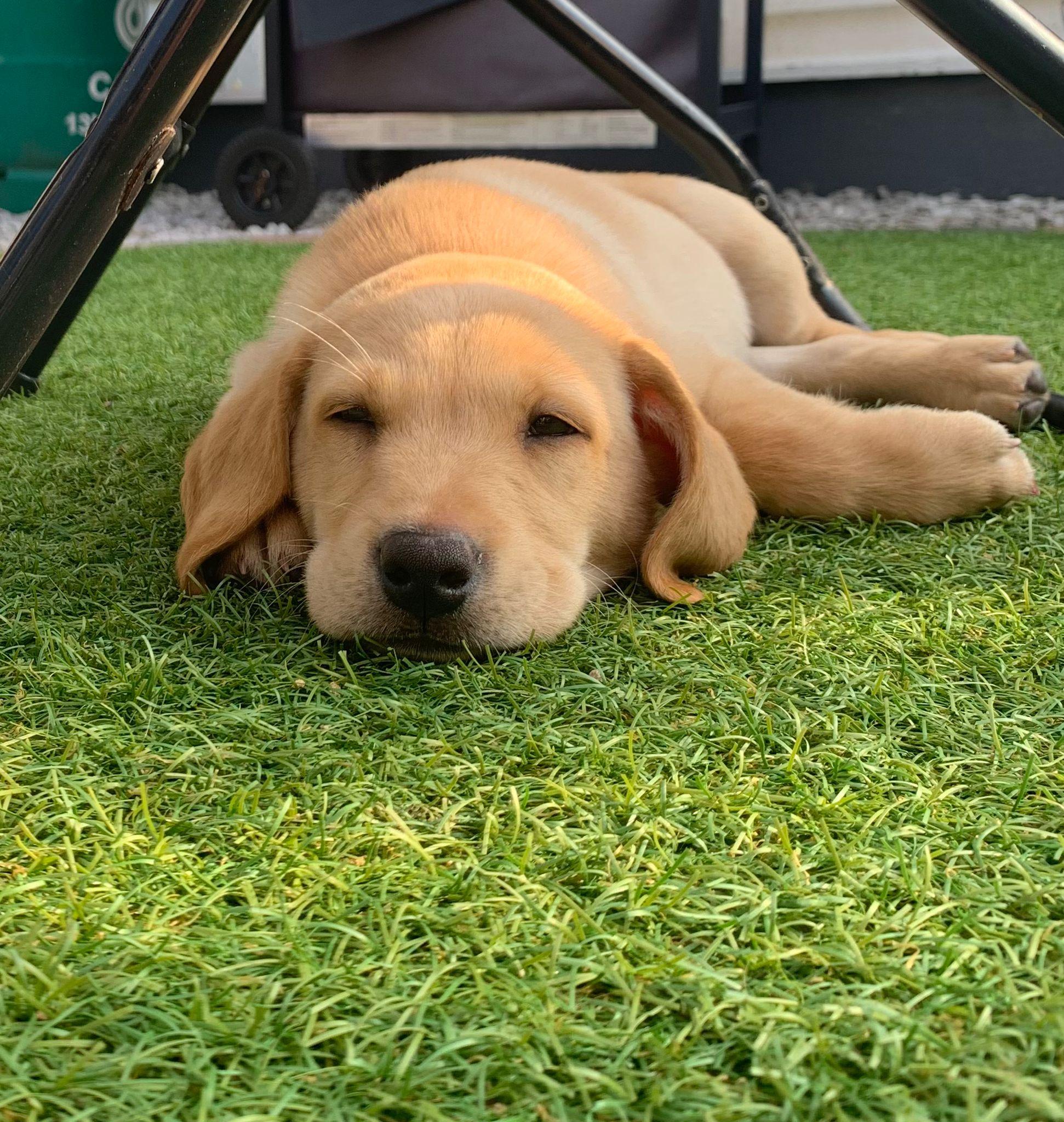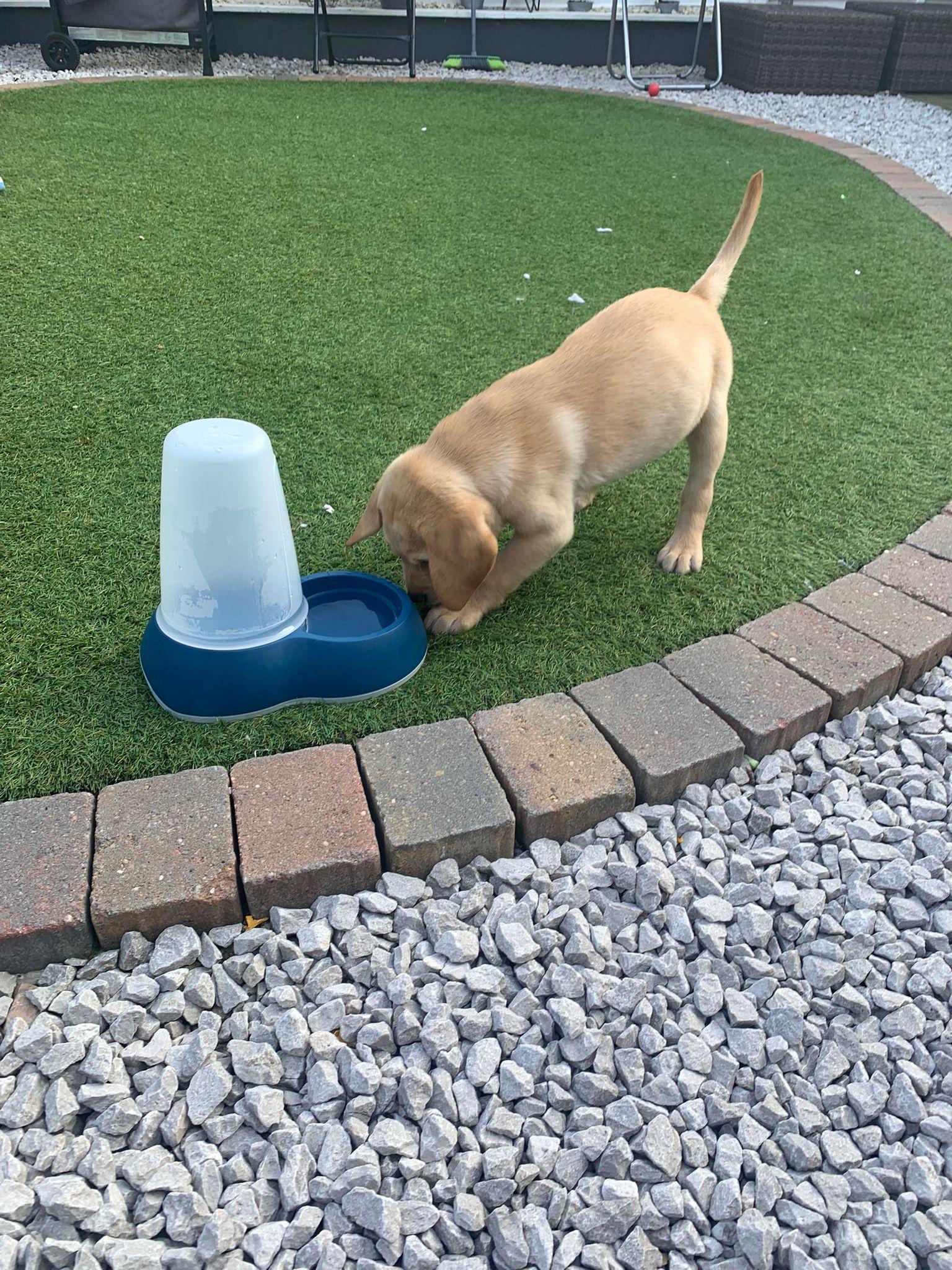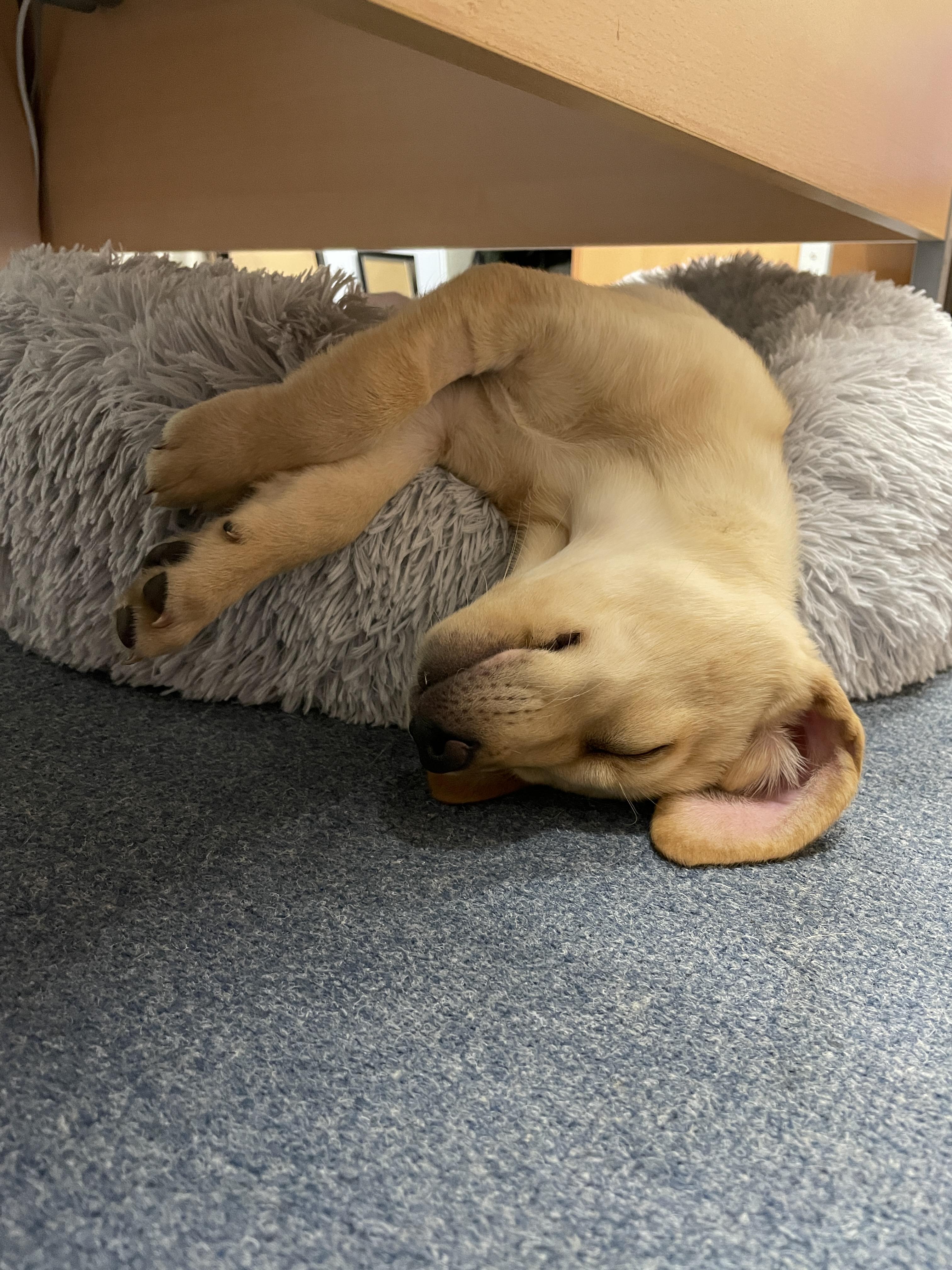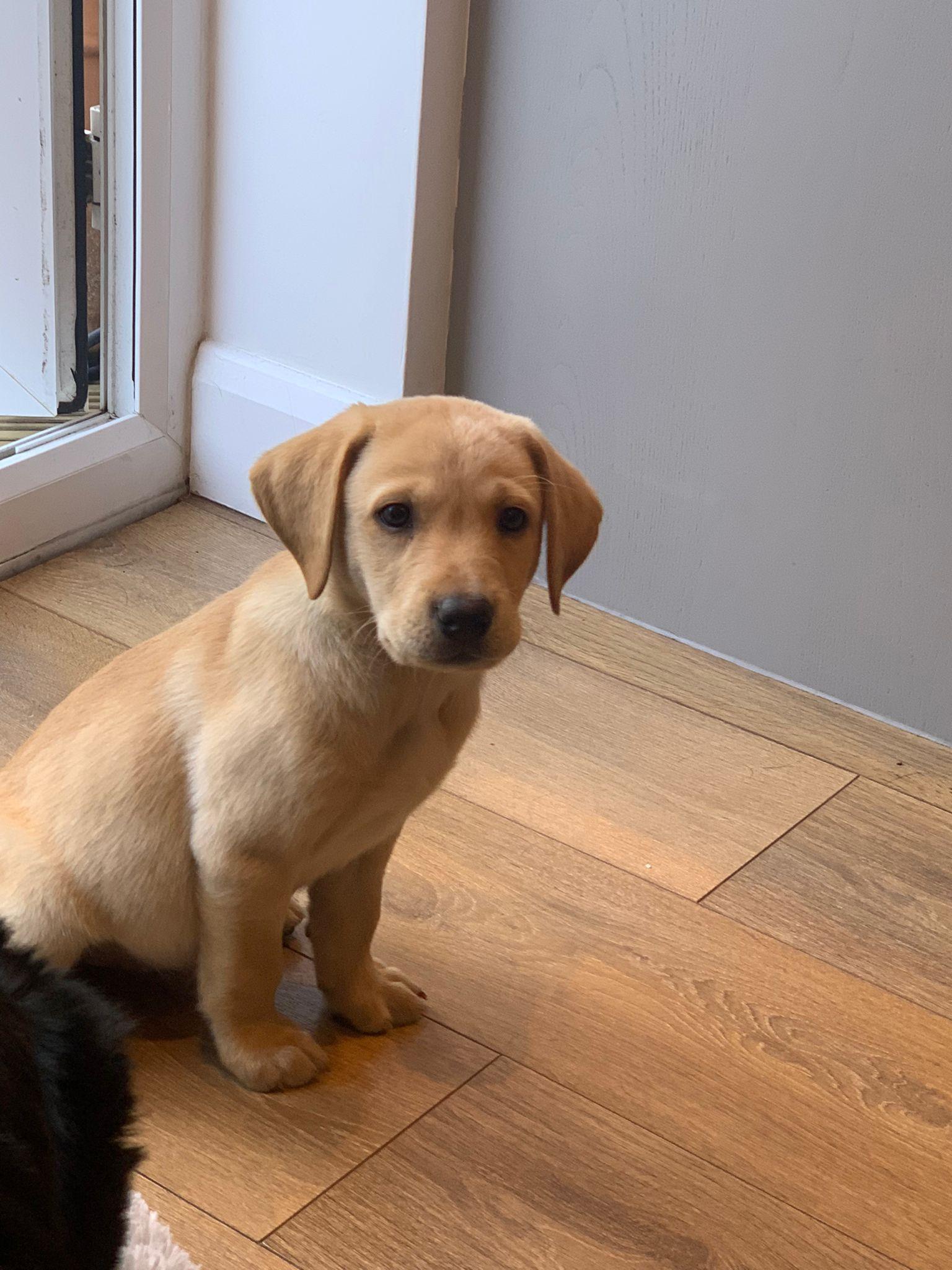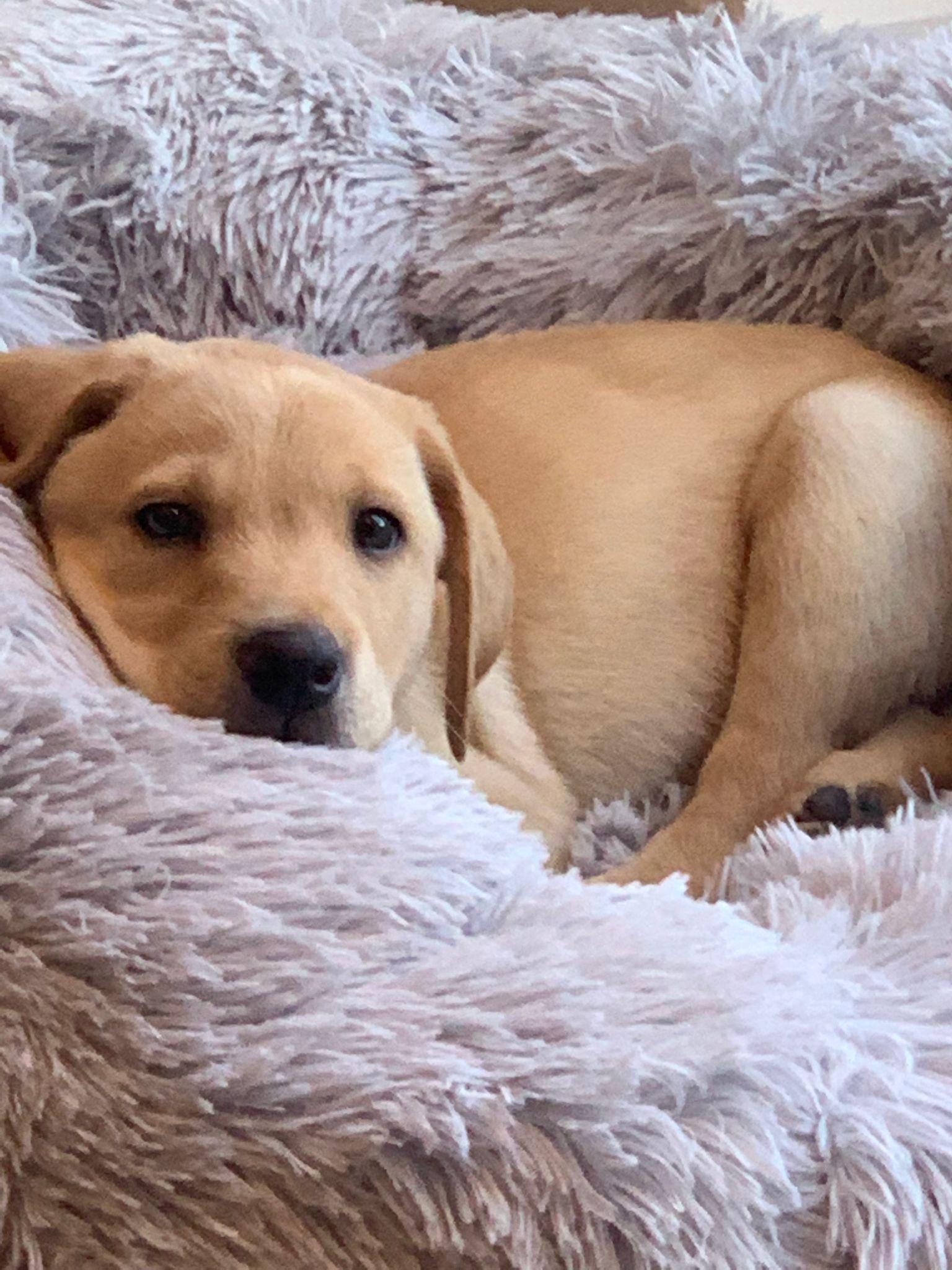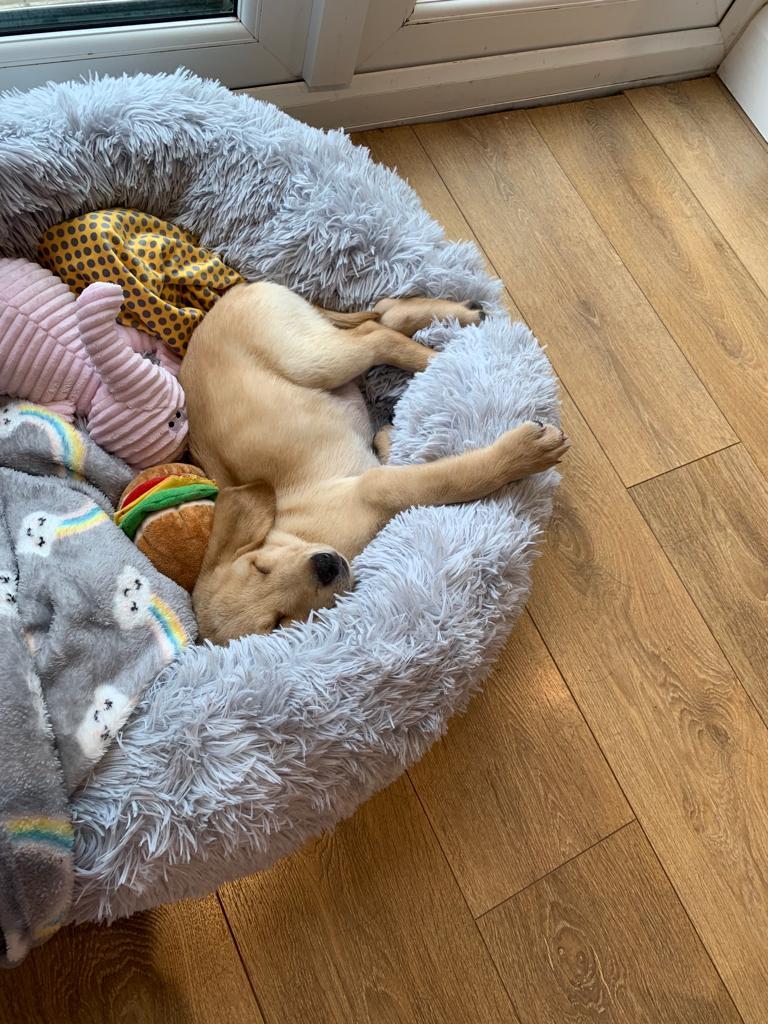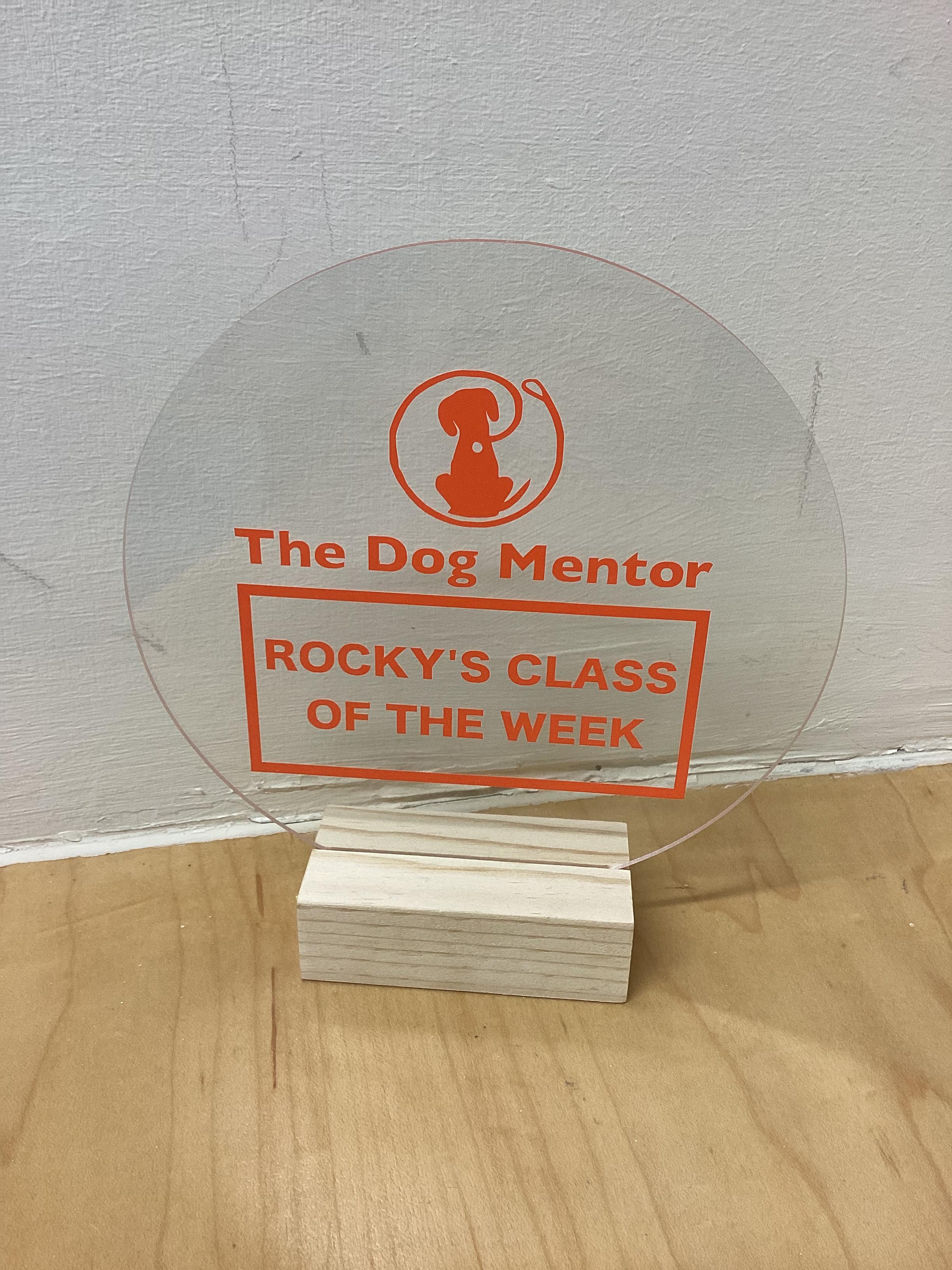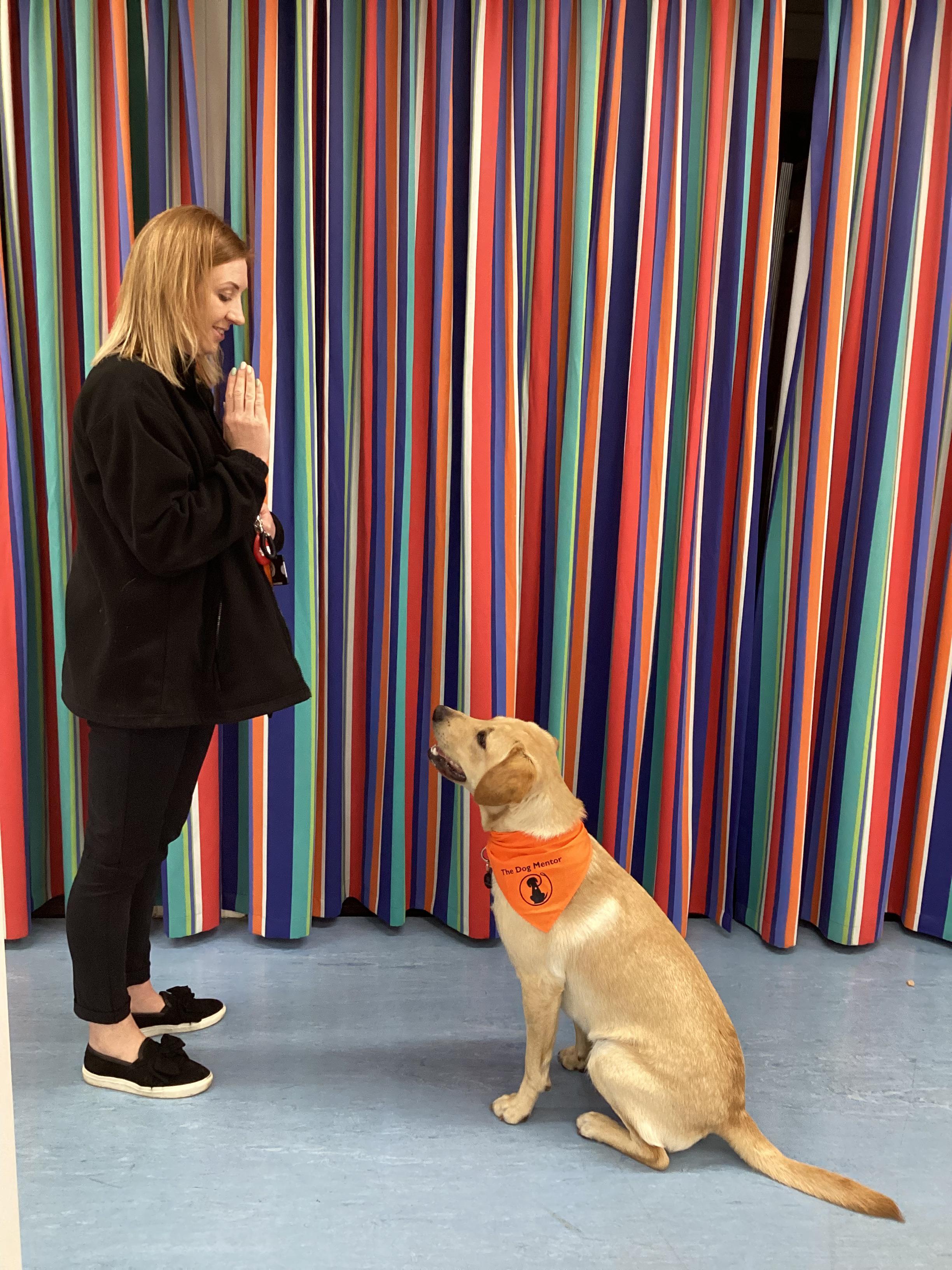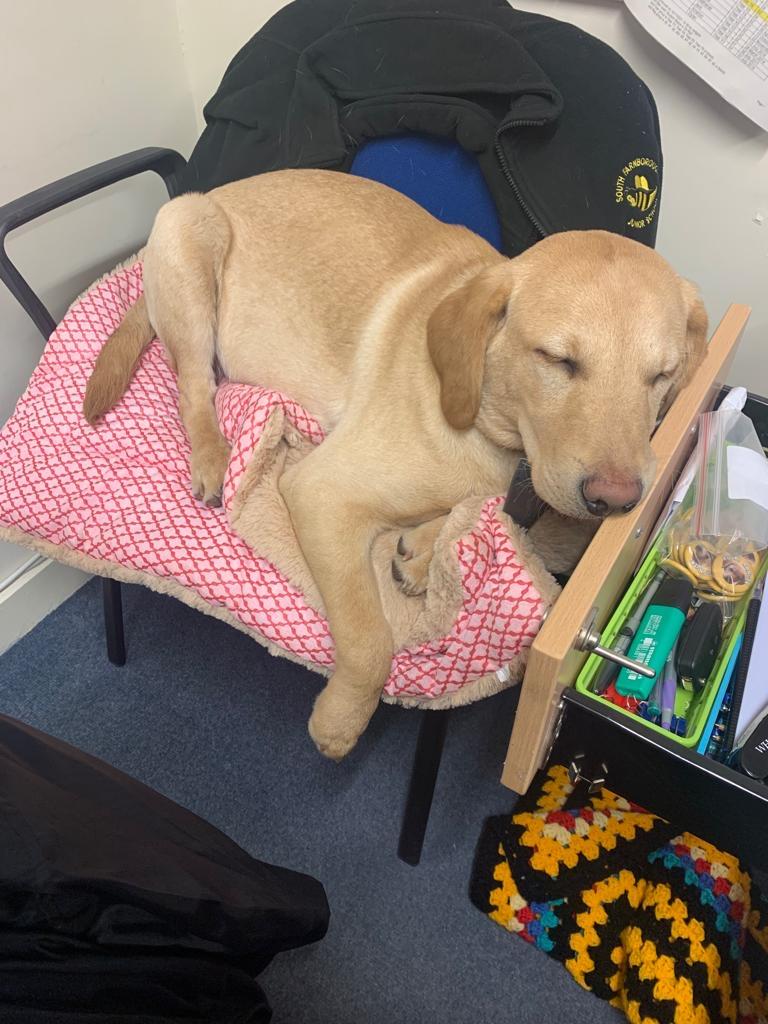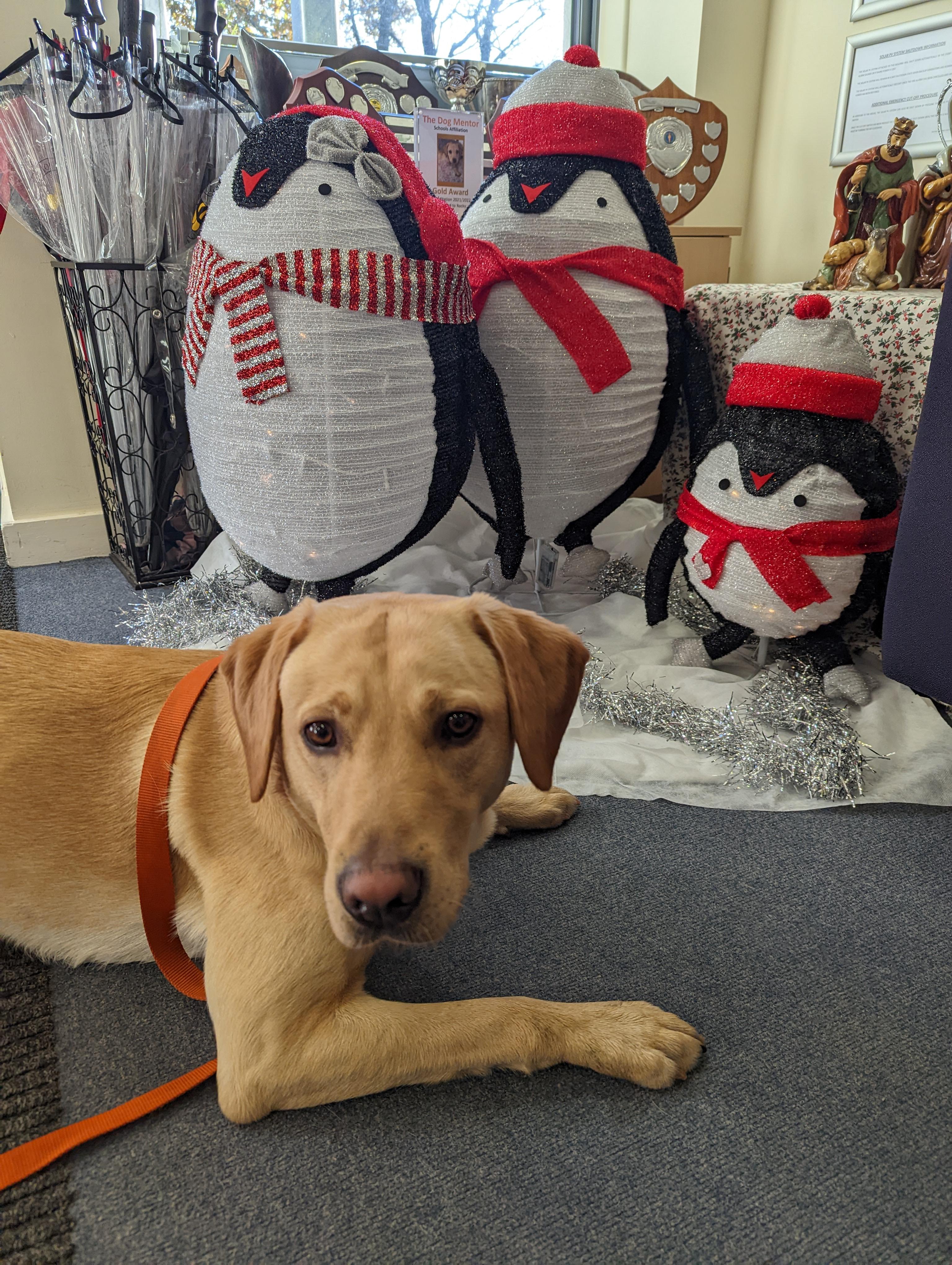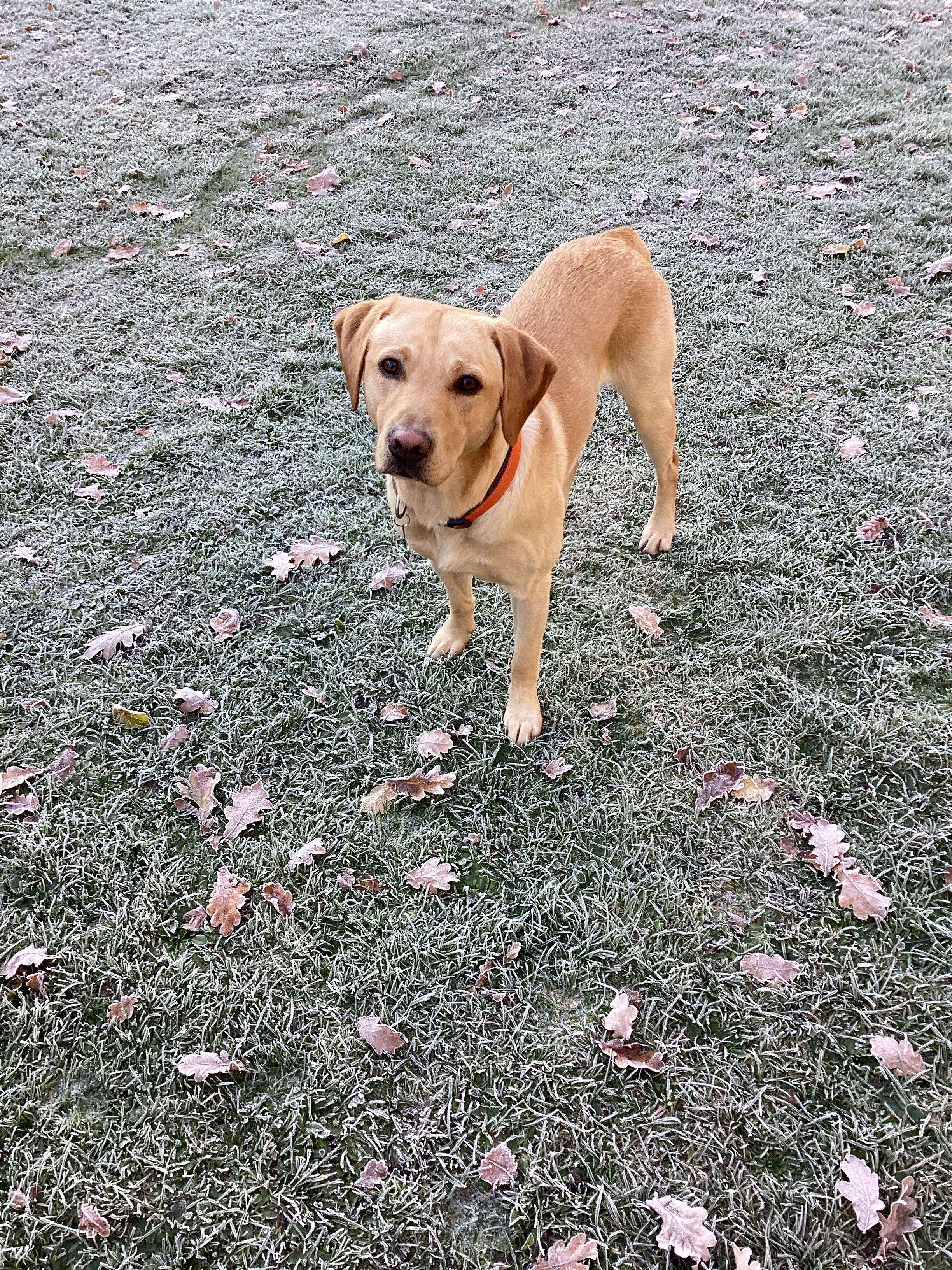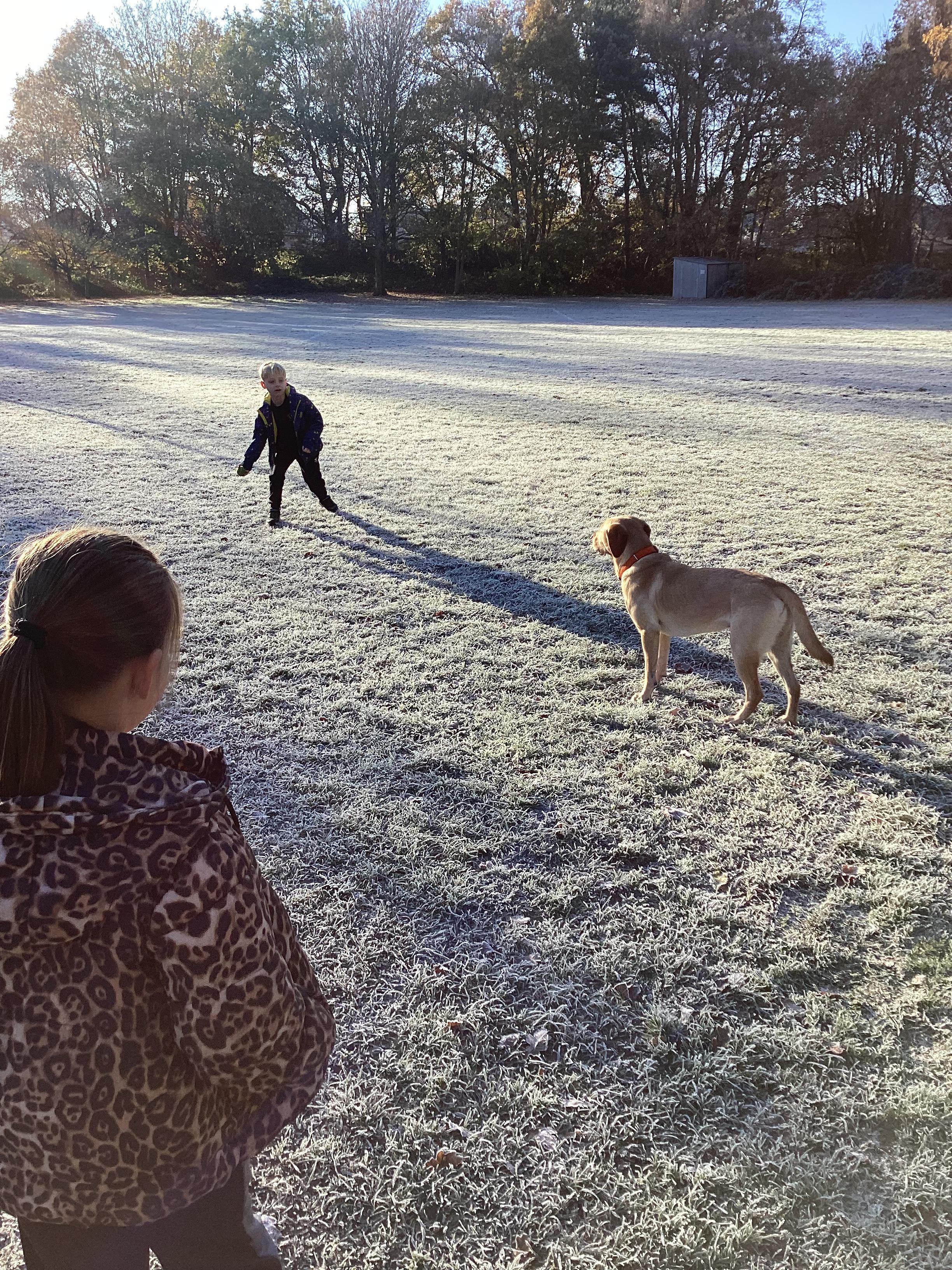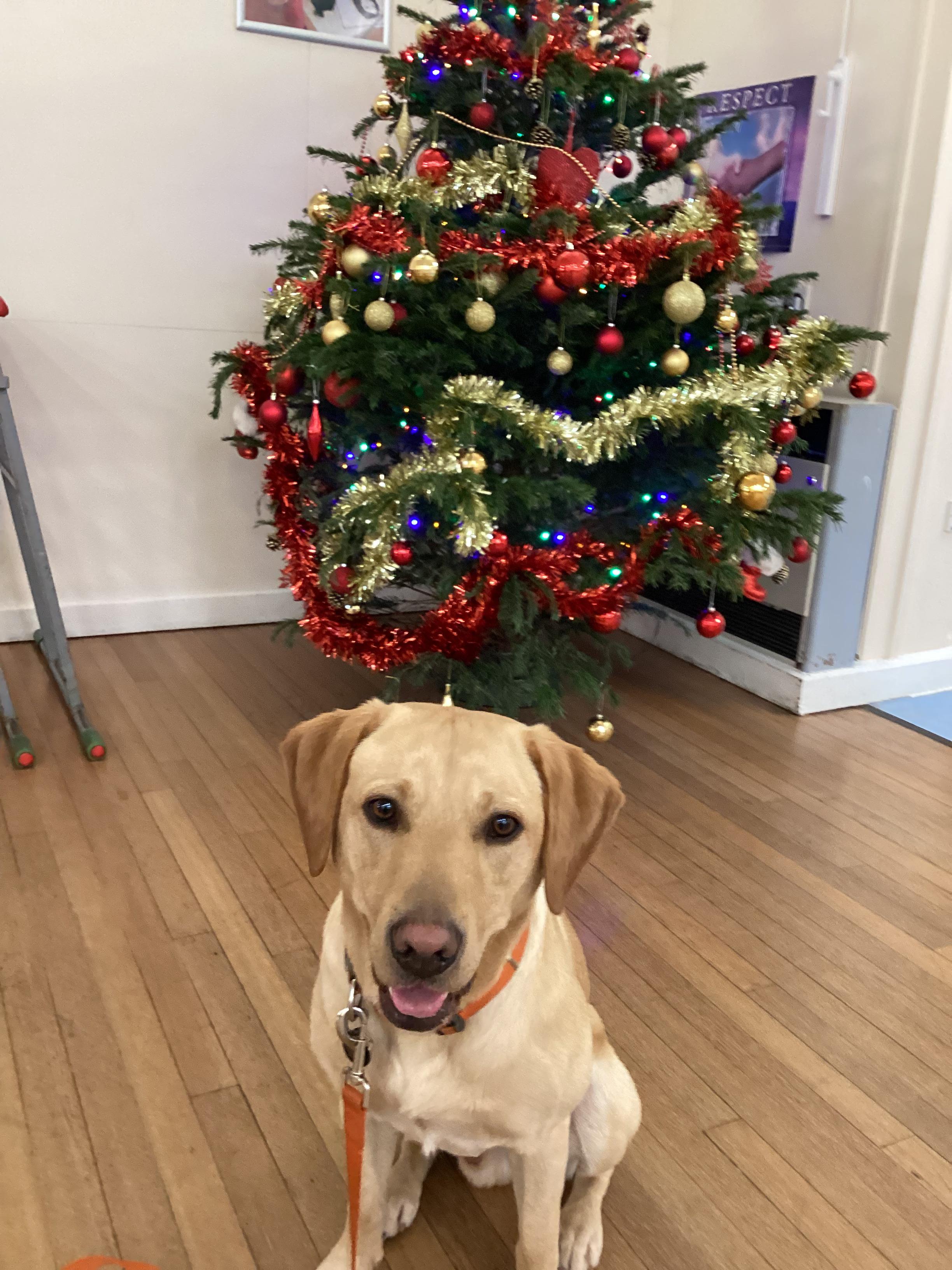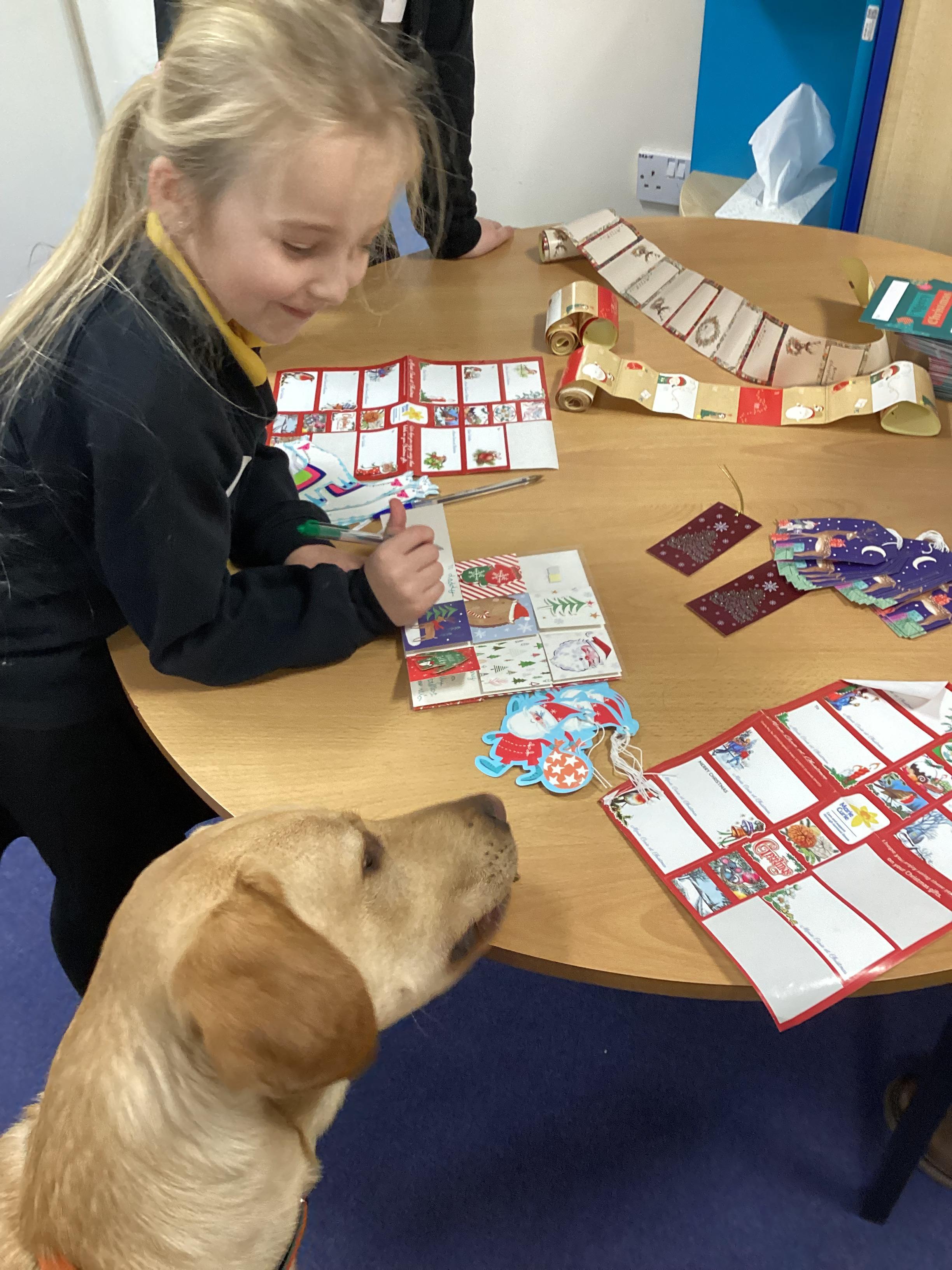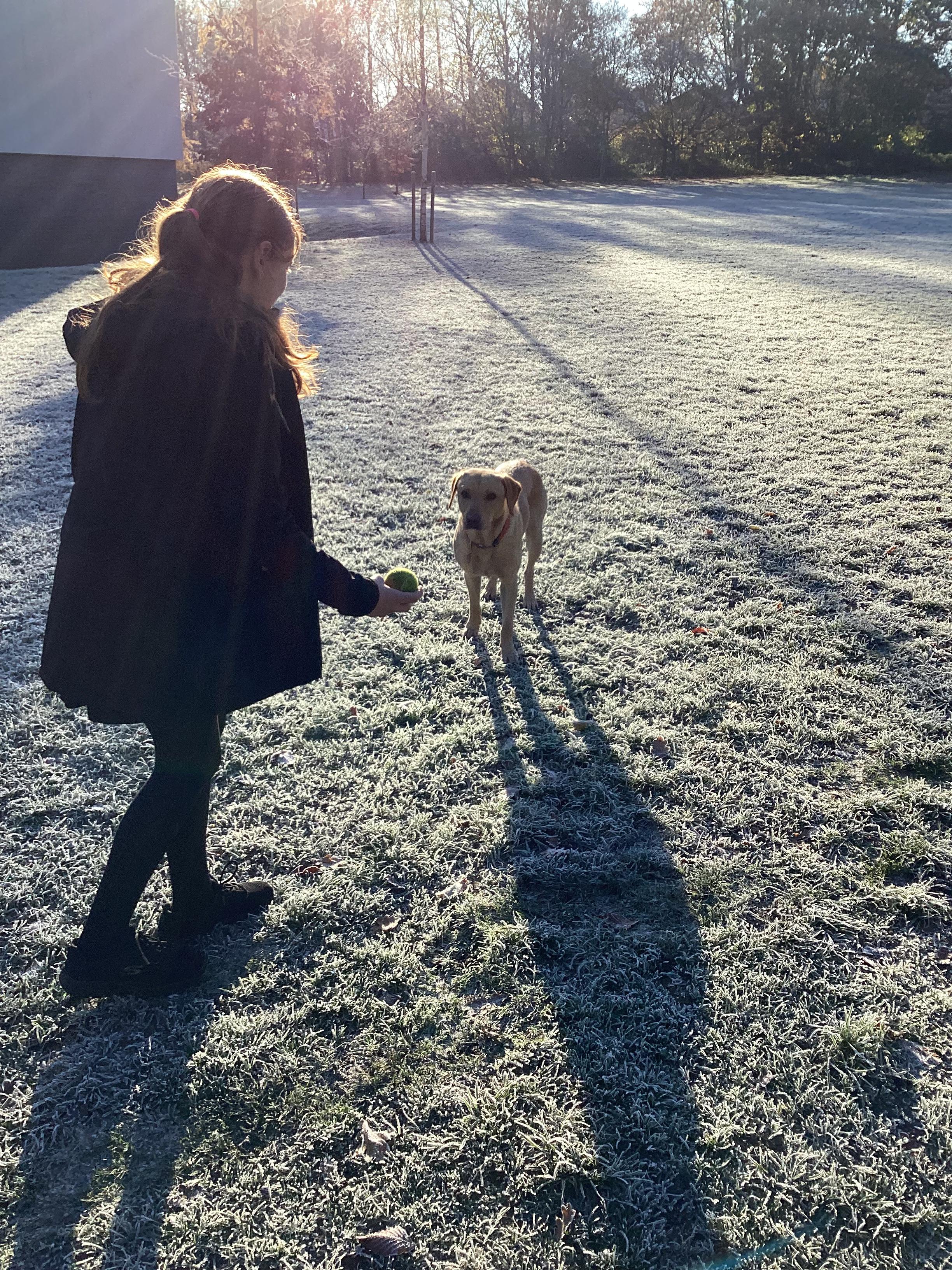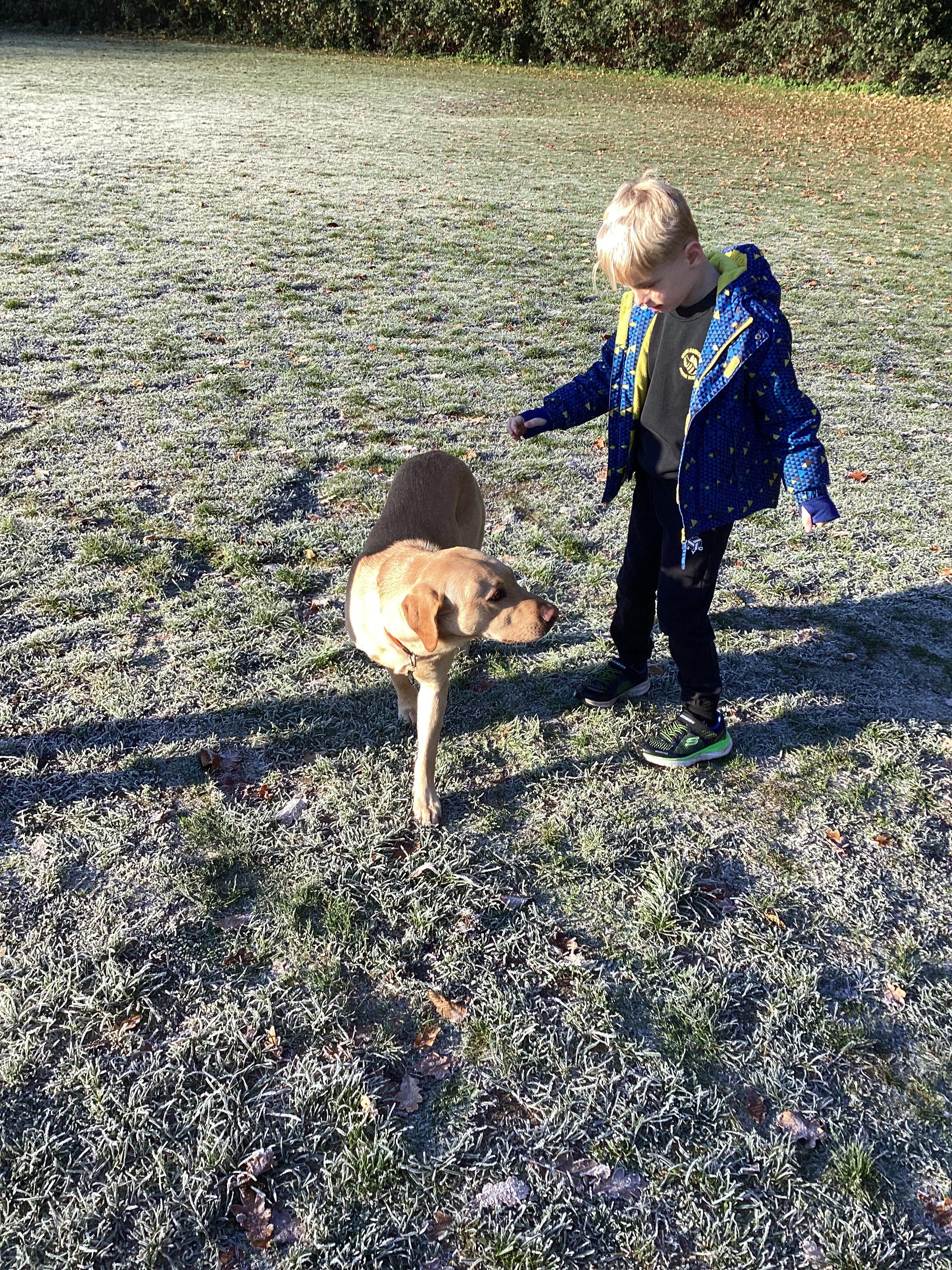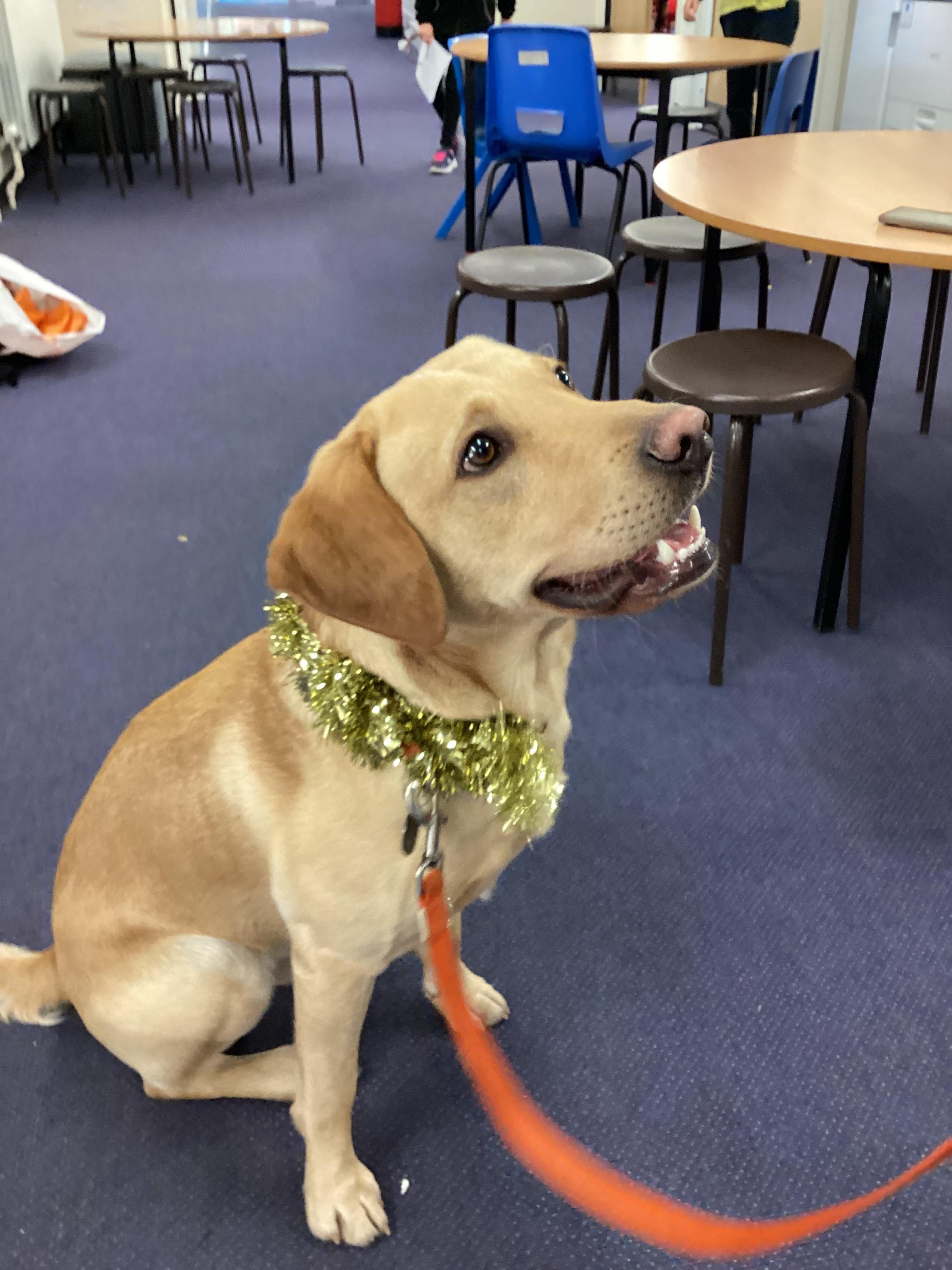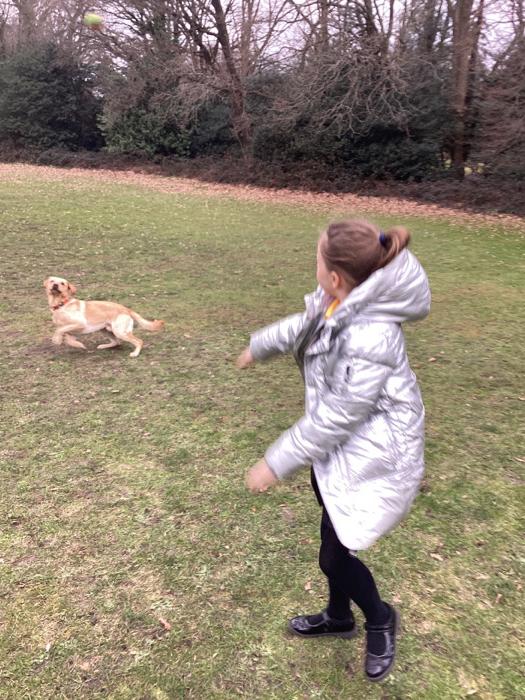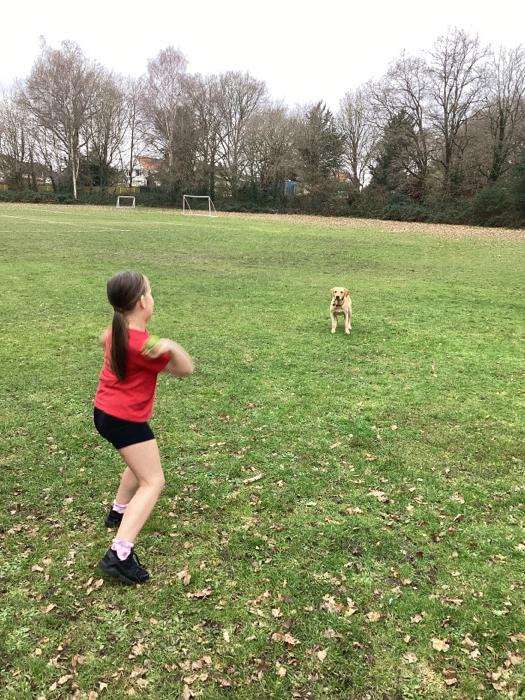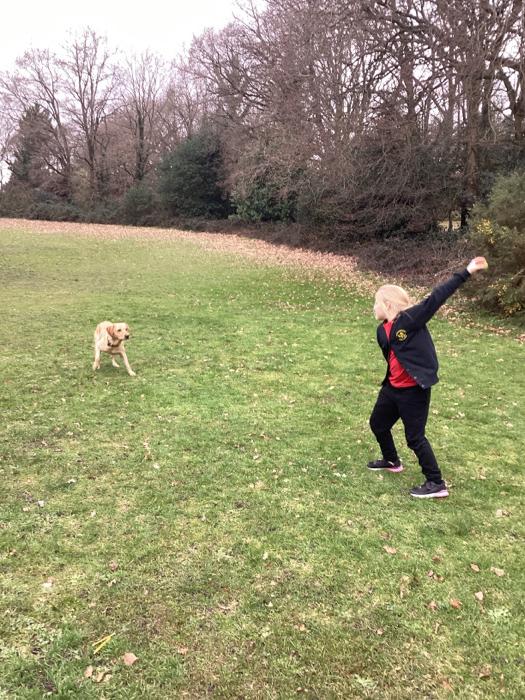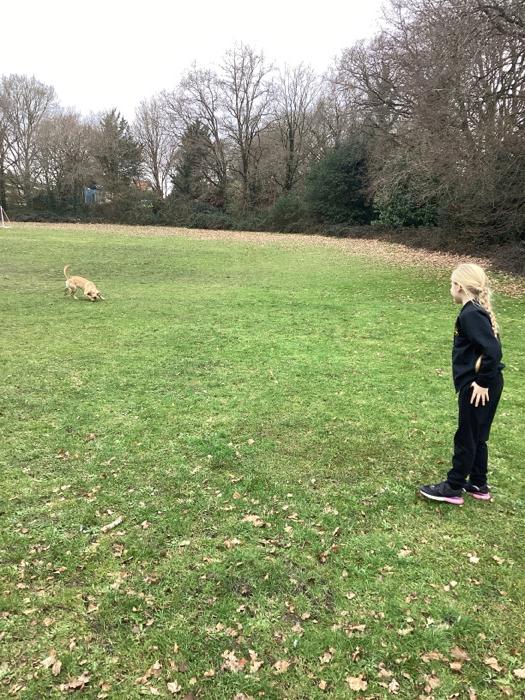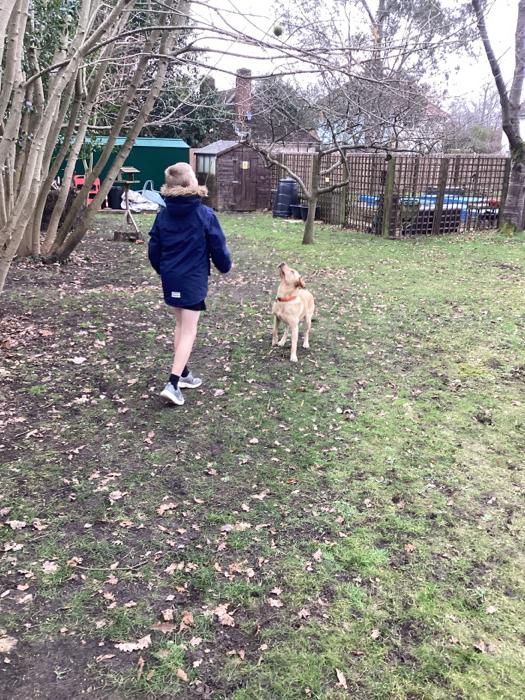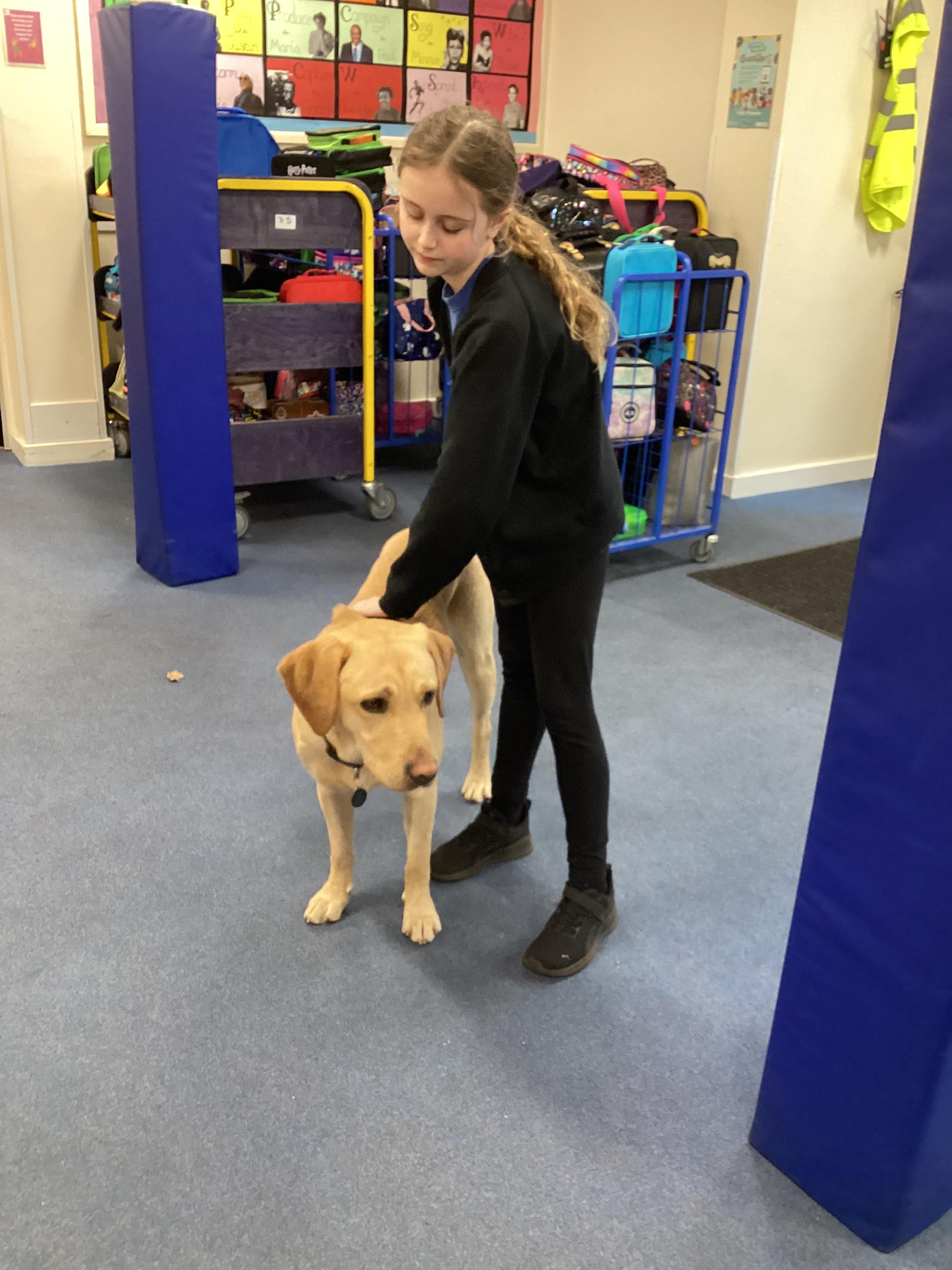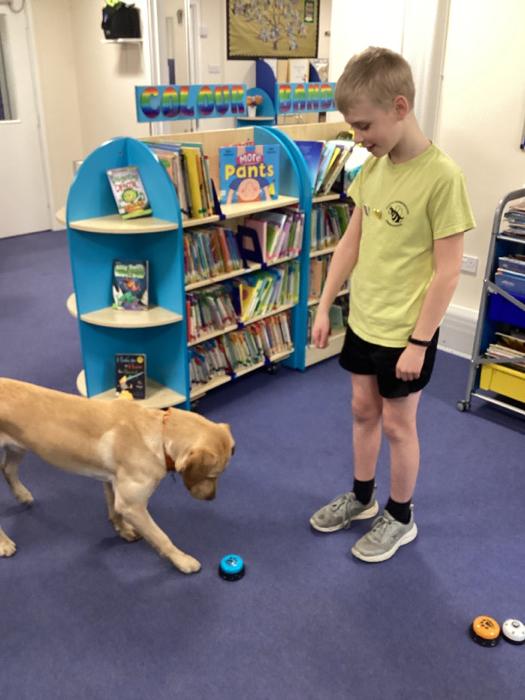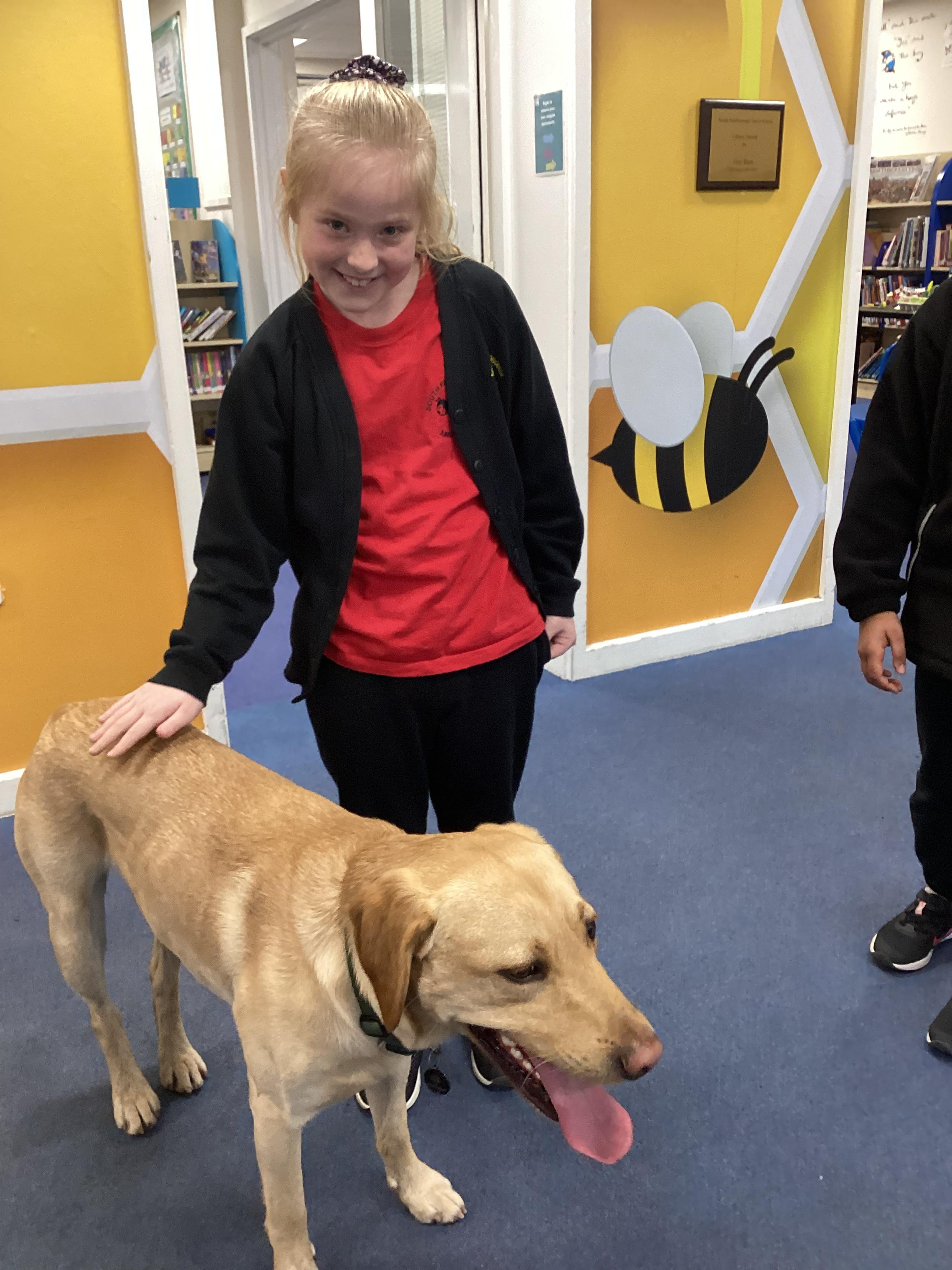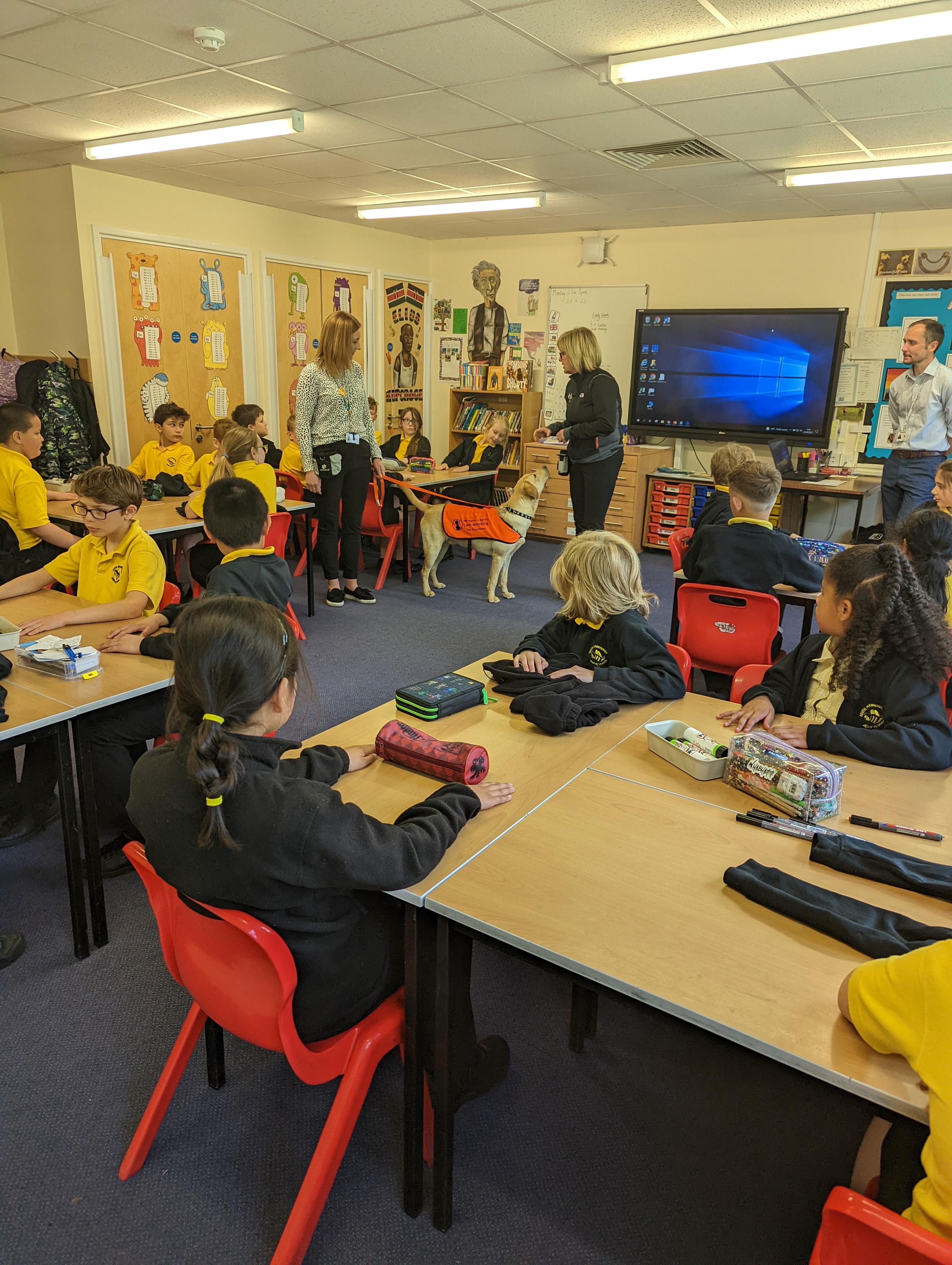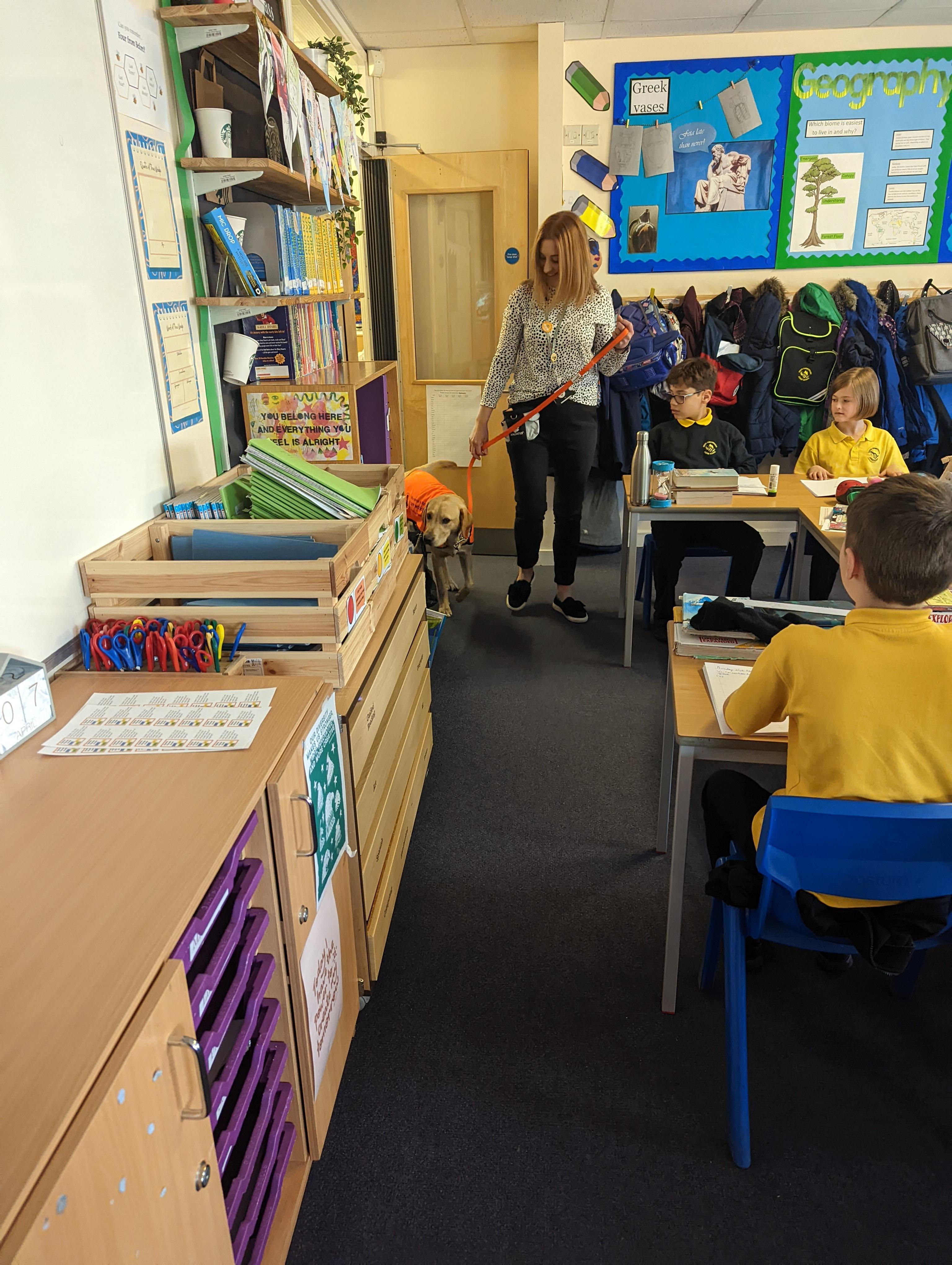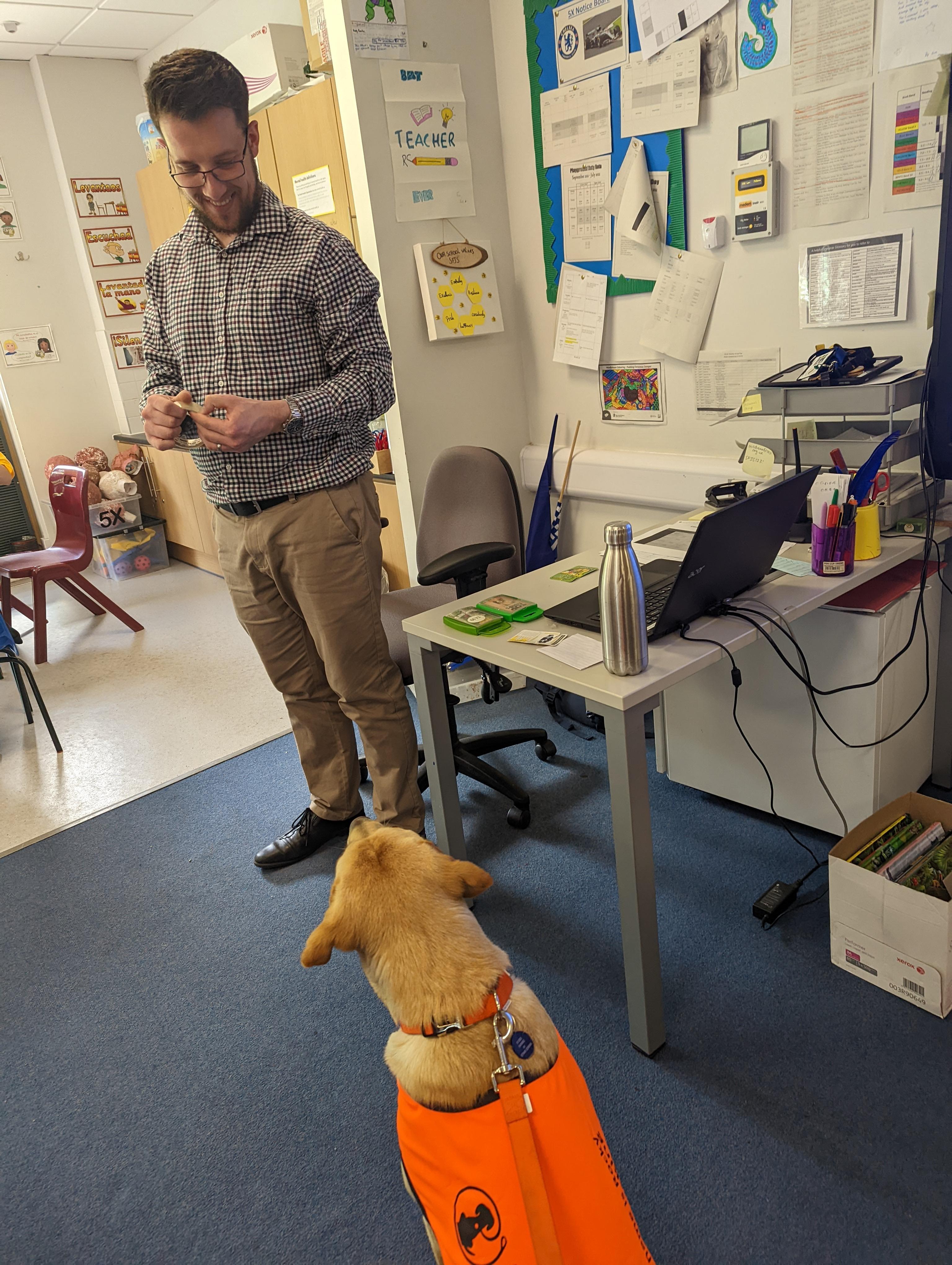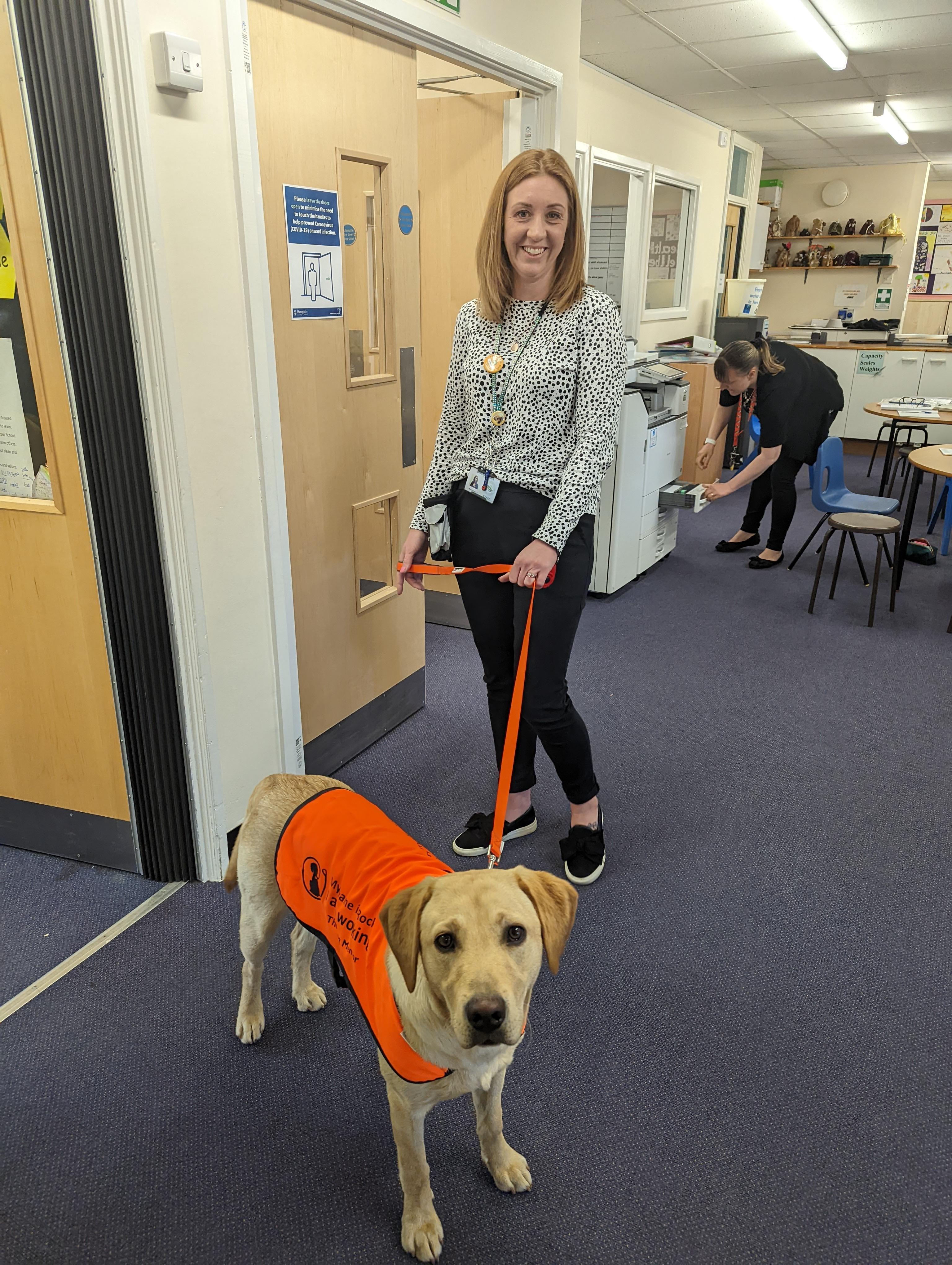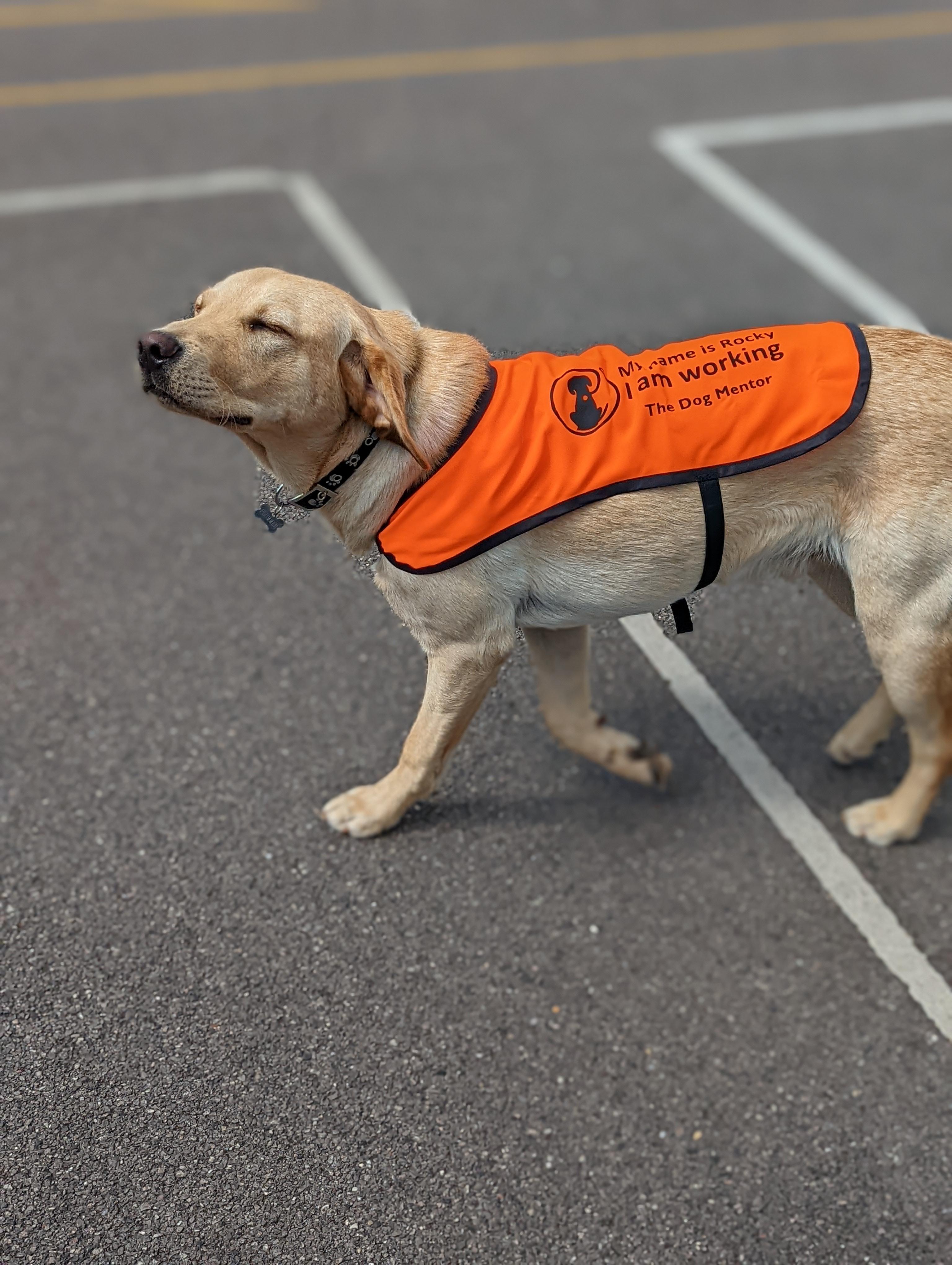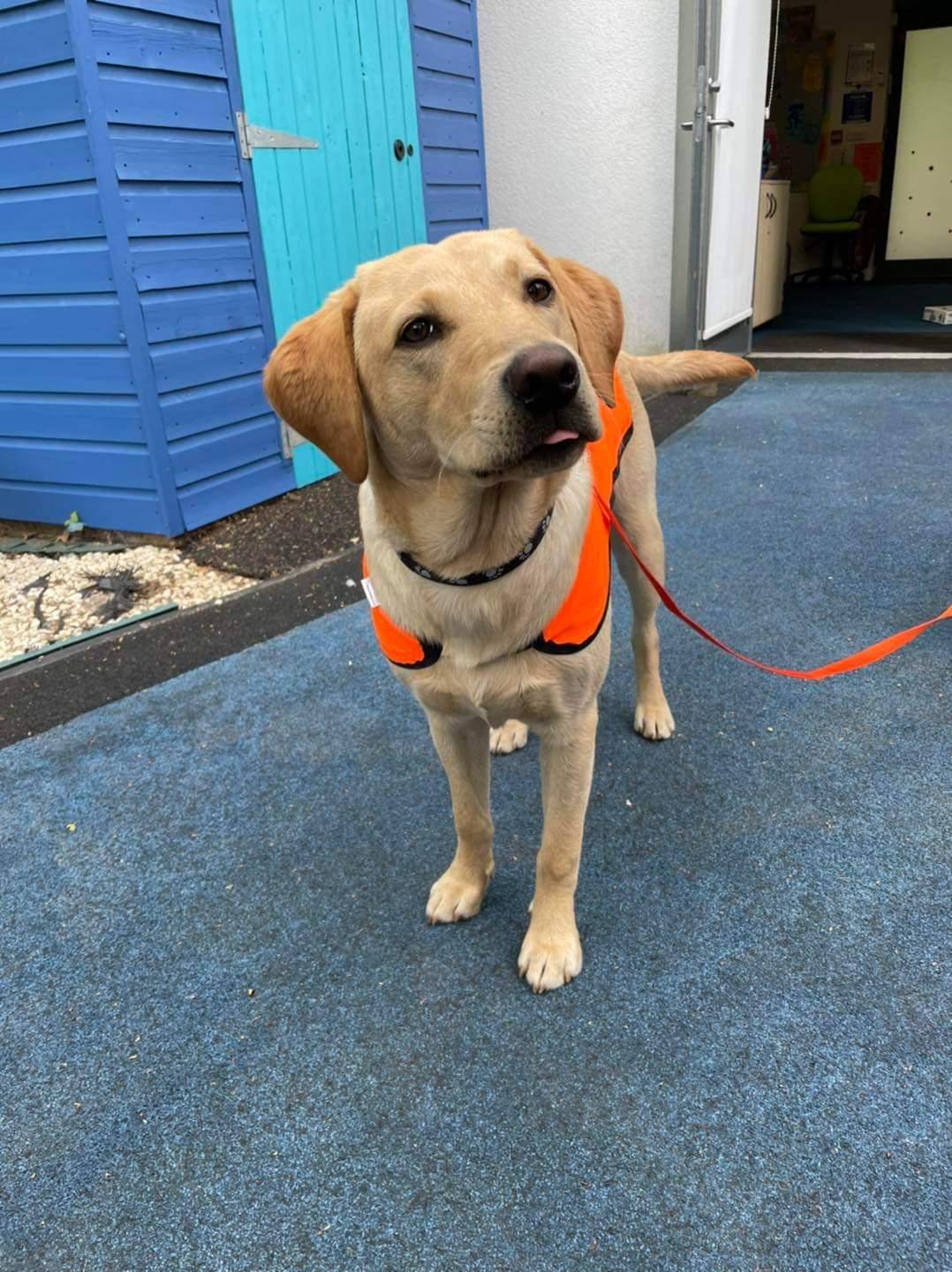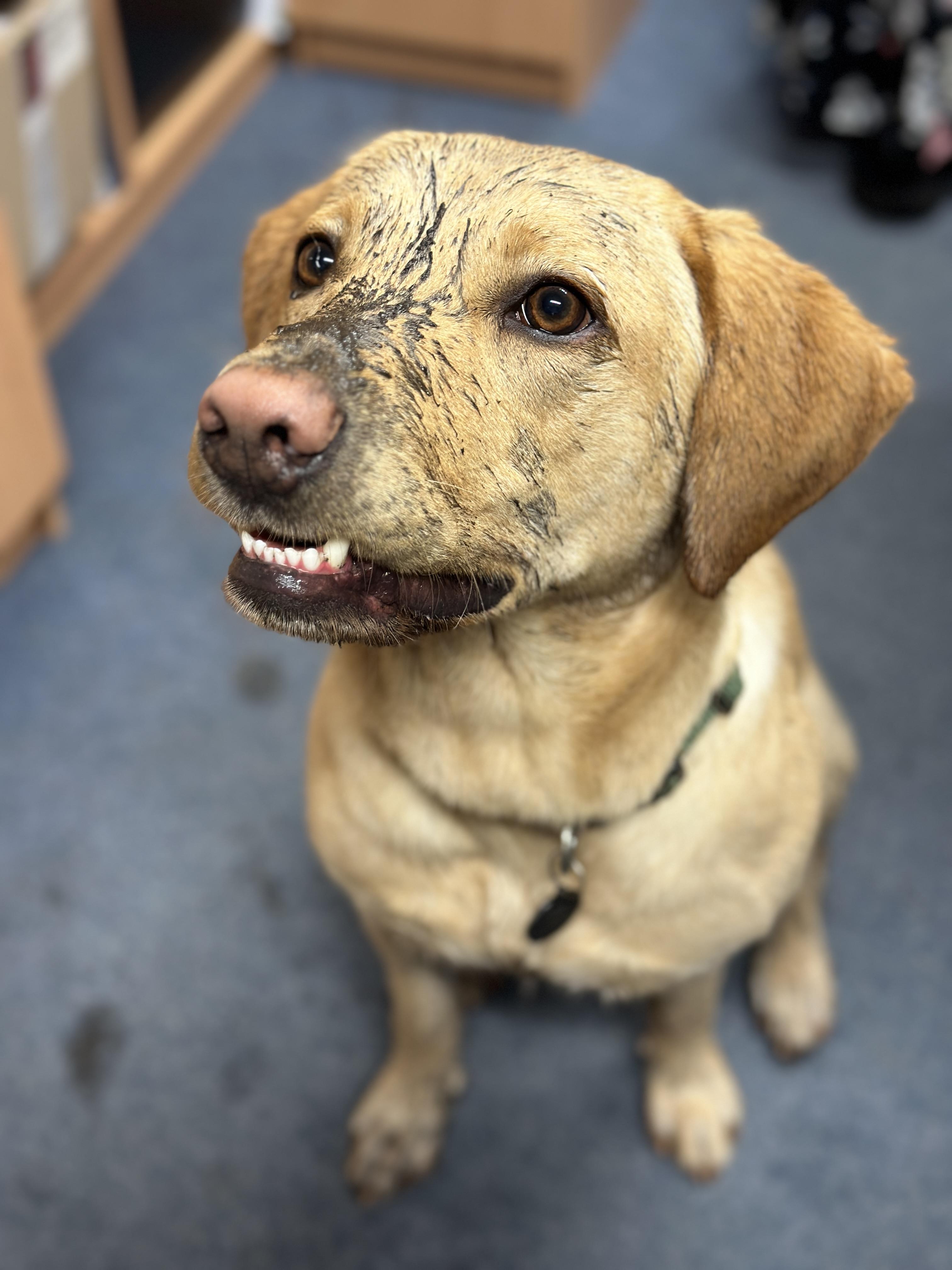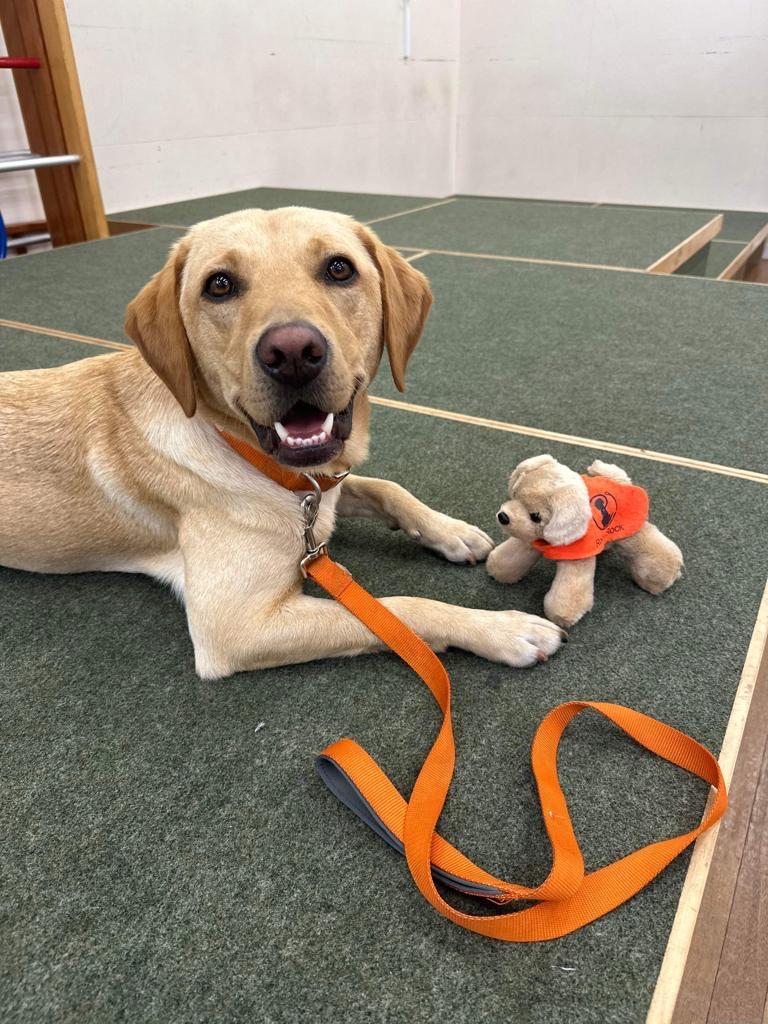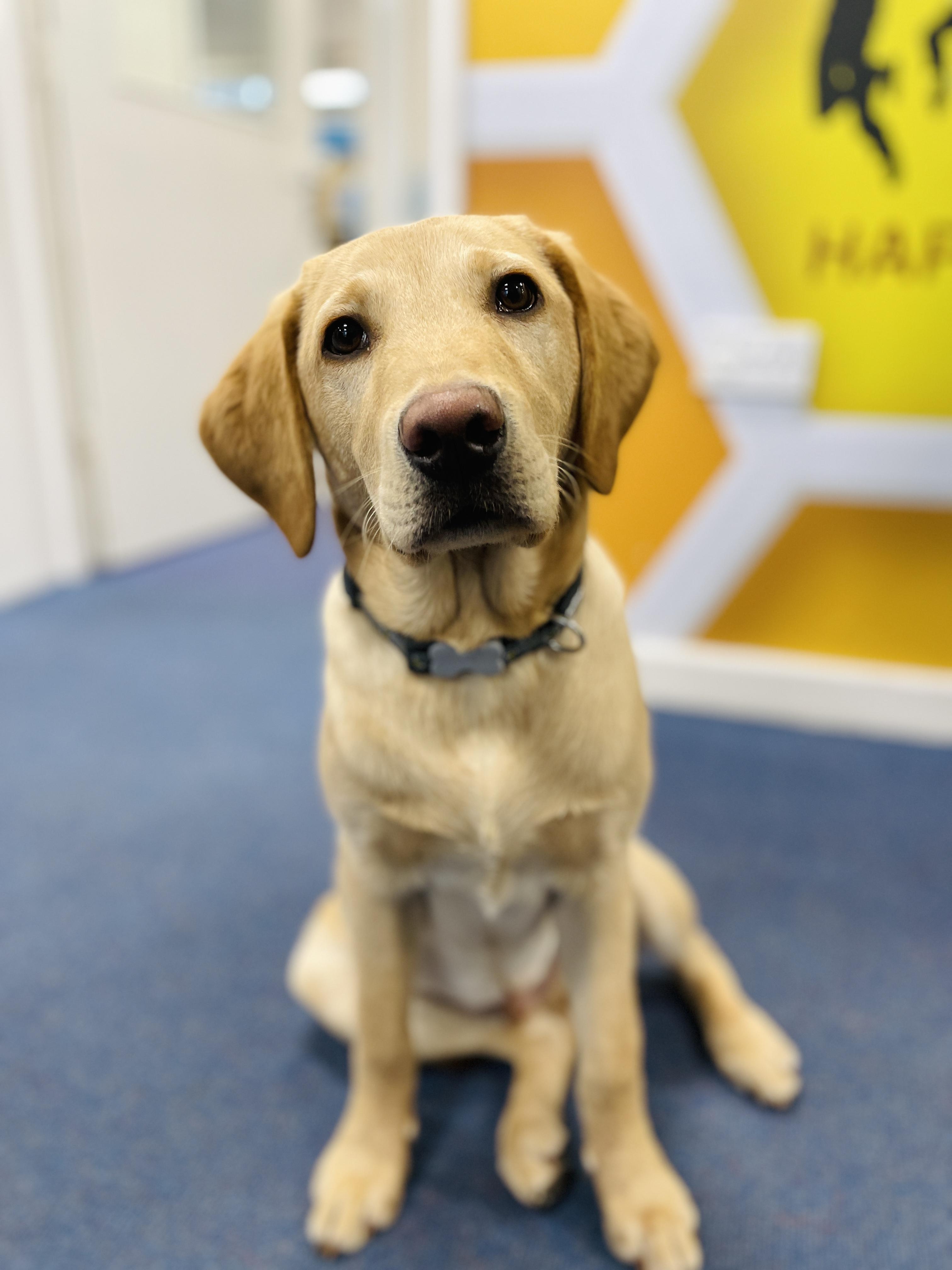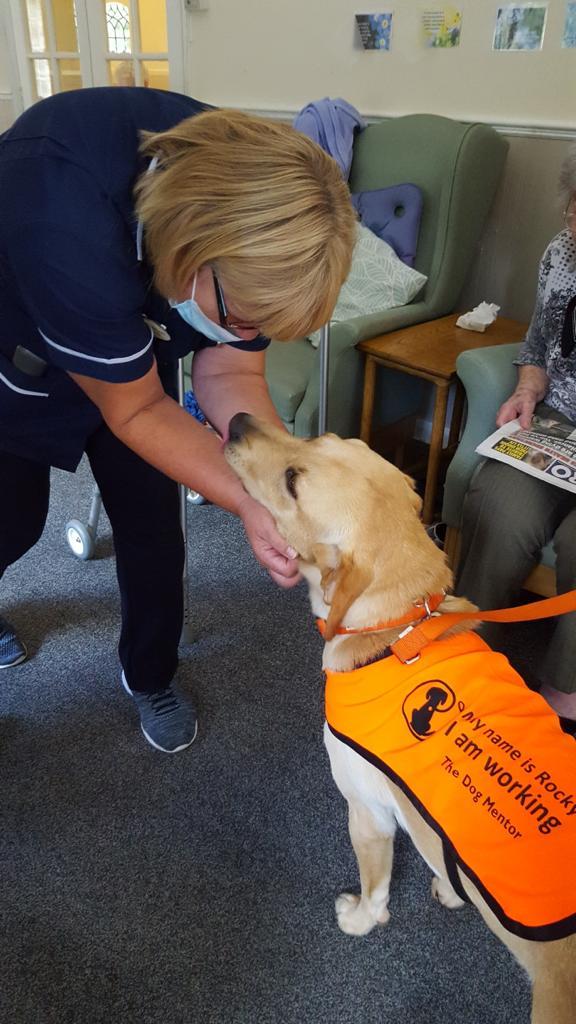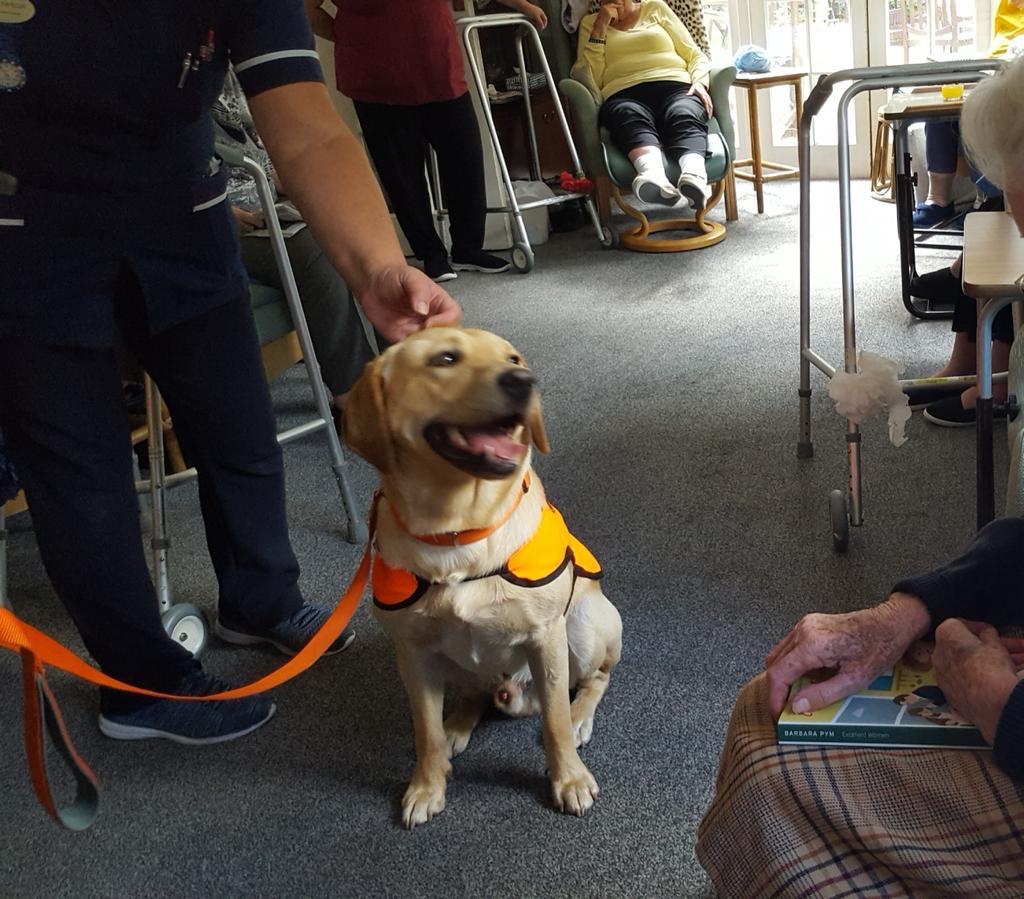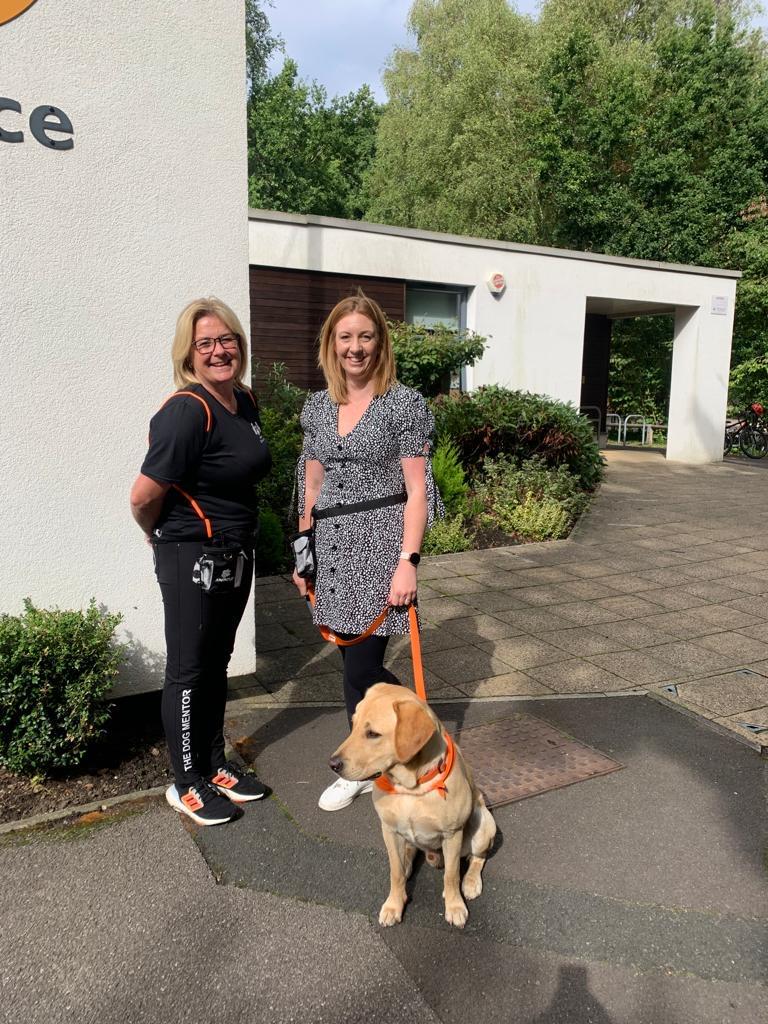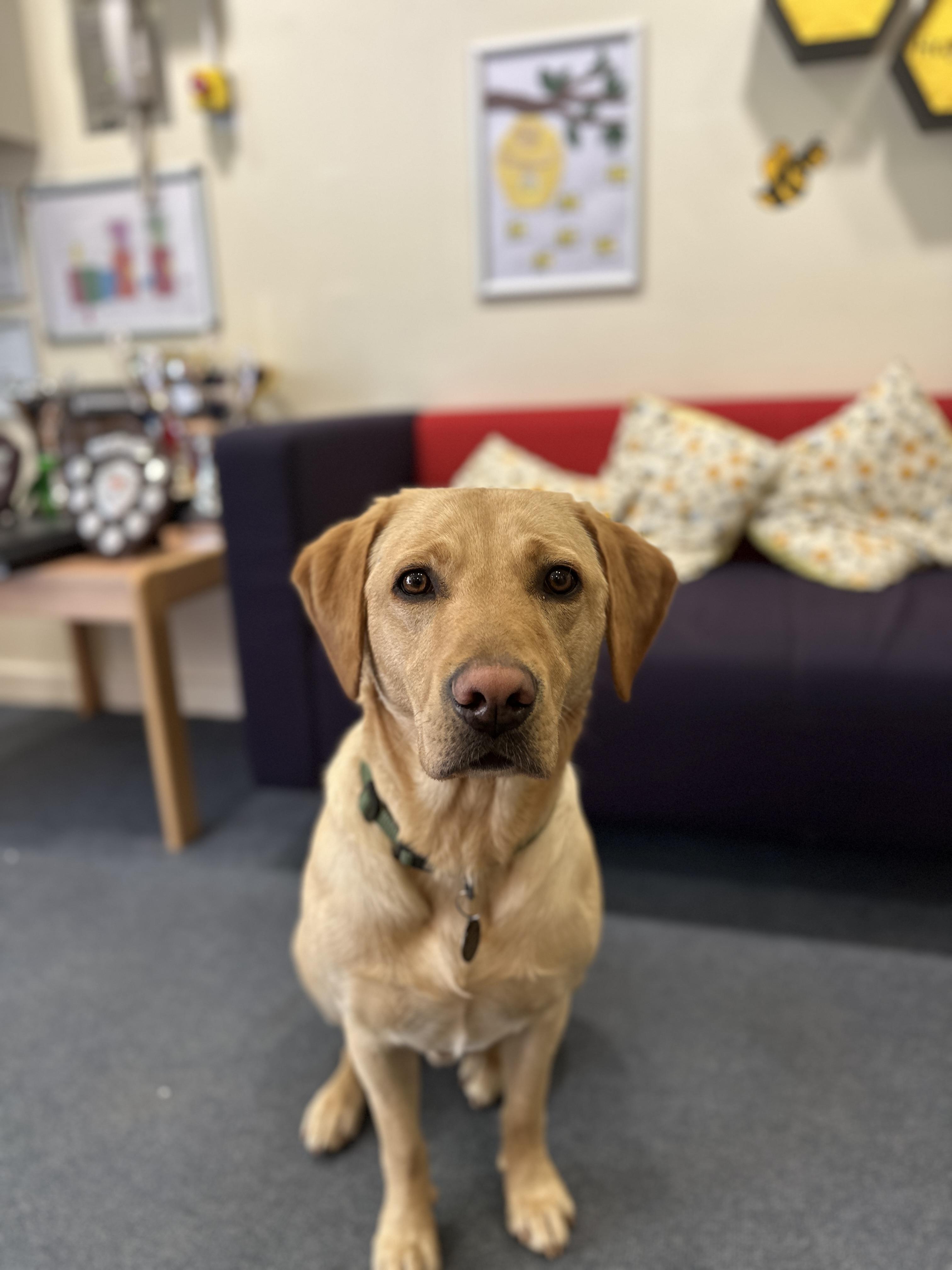The School Dog
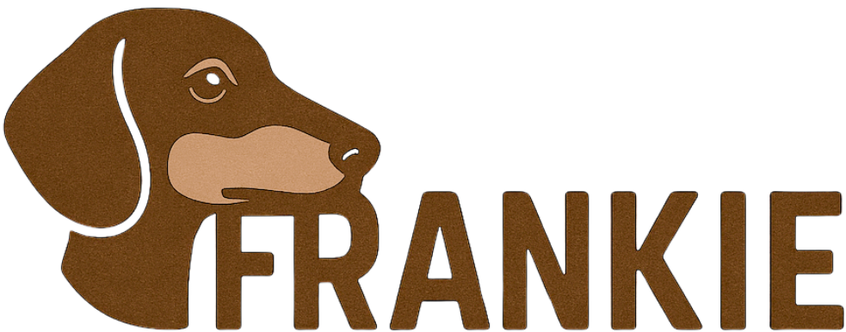
Hi my name is Frankie and I am the school dog!
I am a daschund and when I'm not at school I live with my owner Mrs Jones.
Inside school I work with Mrs Hastings and Mrs McGhie during ELSA sessions.


Pupdate February 2025
We are writing to let you know that this will be Rocky’s final pupdate.
Rocky joined us in Autumn 2021 when our current year 6 pupils started in year 3, so has had the whole Junior school experience.

He’s had an incredible 3 and a half years being our school dog but is now ready to take a well-deserved retirement and just enjoy being a pet. He will ensure that the children still get to cuddle ‘Rock Rock’ in the office when needed. He is more than confident that Frankie will be a PAWsome replacement for him as he gets to sit with his paws up at home.
Rocky will be coming into school, before the February half-term, to say his final farewell to all the children. Thank you so much for all the support and love that has been shown to Rocky whilst he has been part of the school, I’m sure you will all agree that he has had a PAWsitive impact on lots and lots of our children, supporting them in many areas of their wellbeing.
Here is a small snapshot of his time with us since he joined us in October 2021.
Thank you again and Rocky will miss you all.
The Dog Mentor Certificates
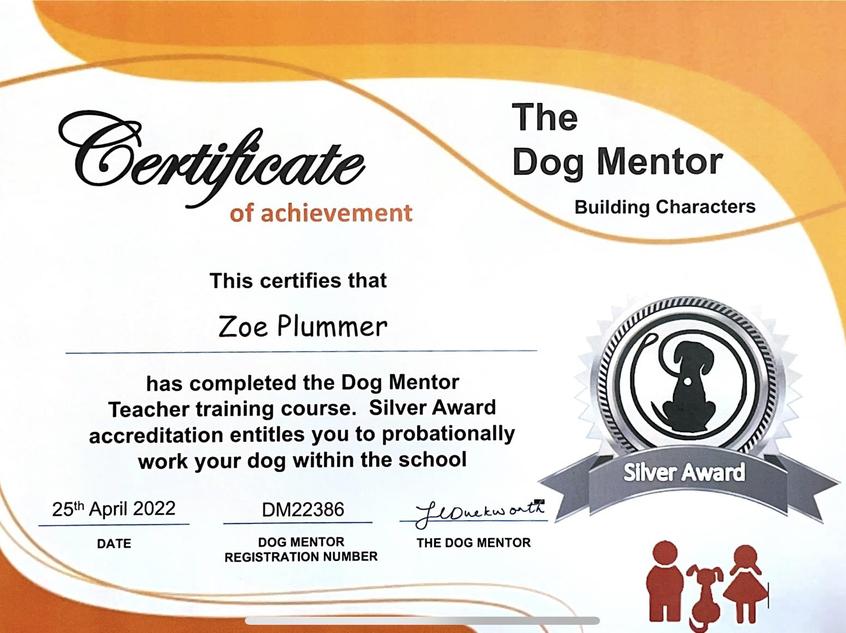
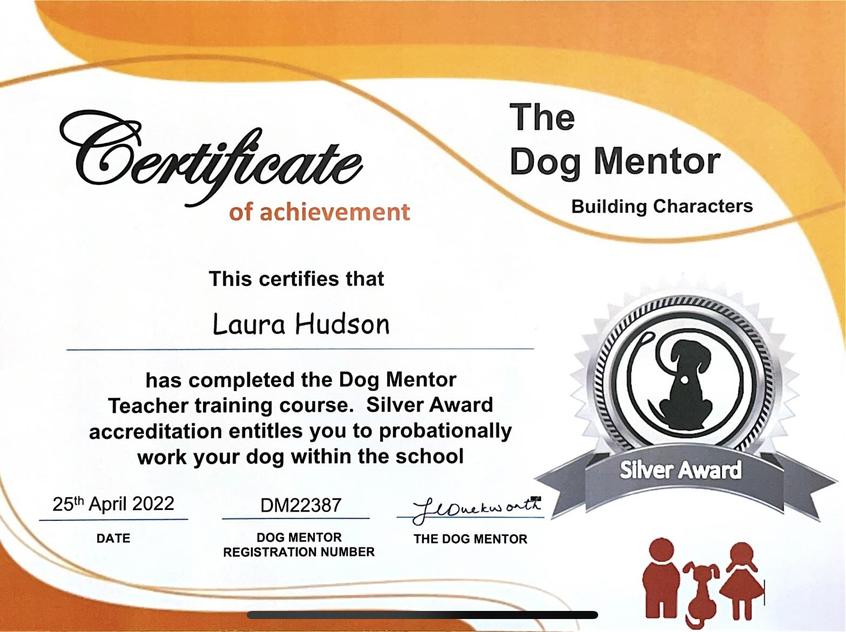
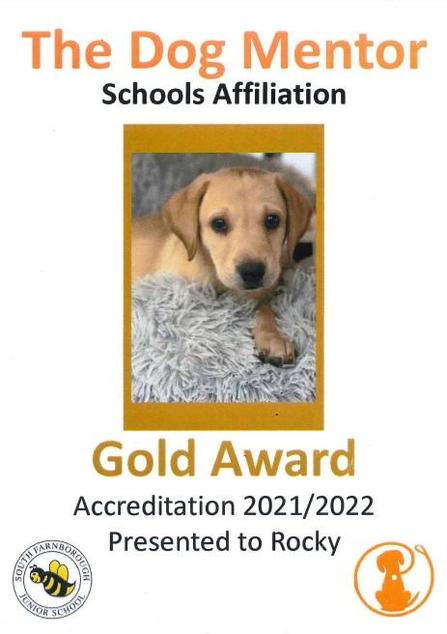
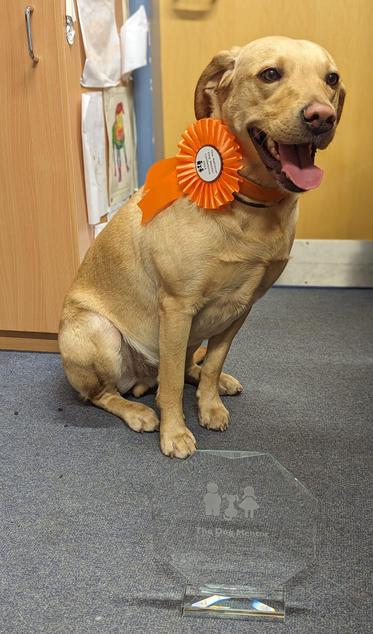
Frequently Asked Questions
Q. Who is the legal owner of the dog and who pays for its costs?
A. The Legal owner of the dog will be Mrs Jones who will care for the dog out of school hours and will bear the costs associated with it. She will also be responsible for her training, with support from a professional trainer.
Q. Will the dog be a distraction?
A. Frankie will be kept in the office area which is separate from the classrooms to ensure that she only comes into contact with the children at appropriate times throughout the day. A careful timetable will be put together.
Q. Has a risk assessment been undertaken?
A. Yes, we have carefully considered having a dog in school and have sought advice from many sources, including other schools that successfully have a school dog.
Q. How will the dog be toileted to ensure hygiene for all?
A. In the interest of health and safety, Frankie will be toileted in an area of the school site where the children have no access. Thus, there will be no chance of the children coming into contact with faeces.
Q. How will Frankie’s welfare be considered?
A. Frankie will be exercised/walked throughout the day. She will be timetabled to join children around the school at times, however she will be kept in the Office area where she will have her own quiet, safe space to sleep and relax. She will always have access to food and water.
Q. My child has allergies; how will this be managed?
A. We already manage a number of allergies at school and this will be no different for children and adults that are allergic to dogs. Individual needs will always be met and we are happy to put additional control measures in place (please specify if your child is allergic to dogs in the comment section of the permission slip below).
Q. My child is frightened of dogs; how will this be managed?
A. Interaction with Frankie will be carefully managed and supervised over several months. Children do not need to have close contact with her unless they wish to and permission for this has been given. We hope to work closely with children who are fearful of dogs to alleviate their fear and to teach them how to manage this.
The Power of the Dog Mentor Programme
Anxiety Reduction
A variety of anxiety problems can be addresses by the presence of a dog as it creates a calming influence helping to decrease blood pressure and stress responses. Children also become less self-conscious of themselves as their attention is focused on the dog instead.
Attachment & Relationship building
The ability to form and sustain relationships are natural for most children, but some find it difficult to acquire these skills for various reasons and need some help to acquire them. Working alongside a dog children are able to grow in confidence because they bond with someone who is calm, affectionate and more importantly non-judgemental and non-critical. Children experience a positive impact both physically and mentally.
Communication & Social anxieties
Children with social communication disorder have difficulty using language in social situations. Studies have shown play with a dog encourages children to communicate verbally by telling stories and comfortably being able to share any worries. It always encourages non-verbal communication through use of hand signals, body posture, petting and grooming.
Desensitisation
Formulating a rapport and relationship with a dog provides children with a sense of having a protector. With their protector by their side children feel empowered to work towards overcoming their fears. The companionship provides a platform for children to develop self-confidence and resilience.
Stress Coping Strategies
Some children find it difficult to handle stress levels in a healthy way. Play naturally releases stress, combine this with interacting with a dog and you provide a child with a relaxion experience unprecedented to any other. Through cuddling, petting, grooming and playing with the dog, children can focus on the present moment and set aside their worries and fears.
Attention and Behavioural difficulties
Attention issues and disorders are most commonly associated with Attention Deficit Hyperactivity Disorder (ADHD), but they can also be caused by other things, including anxiety, depression, learning disorders, sensory problems and trauma. Studies have shown the presence of a trained therapy dog has helped:
-
Increase children’s attention and concentration performance
-
Provide an outlet for excess energy
-
Provide a non-judgemental companion
-
Provide social interaction opportunities
-
Encourage routines
-
Decrease stress
-
Offer a healthy distraction
